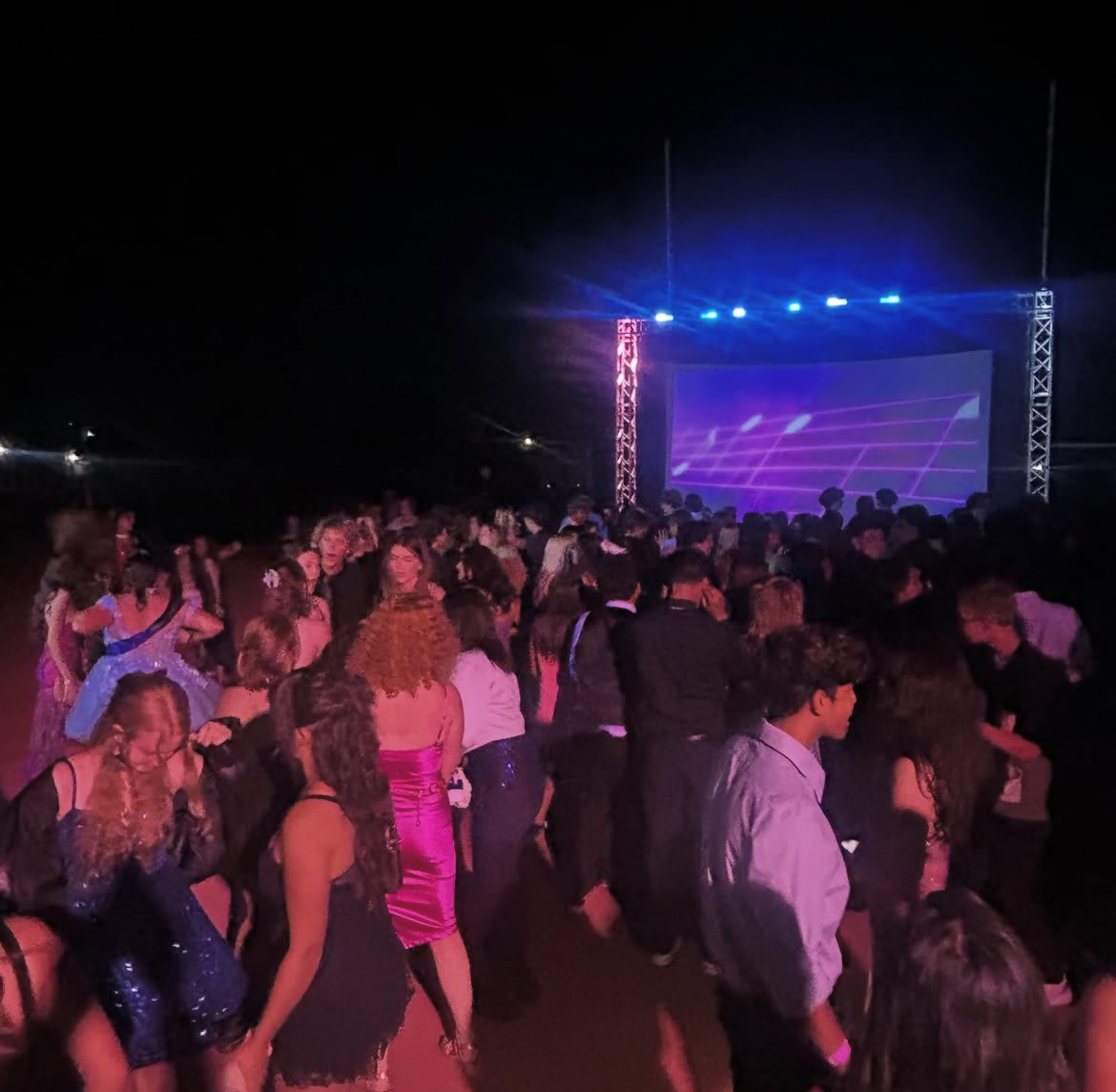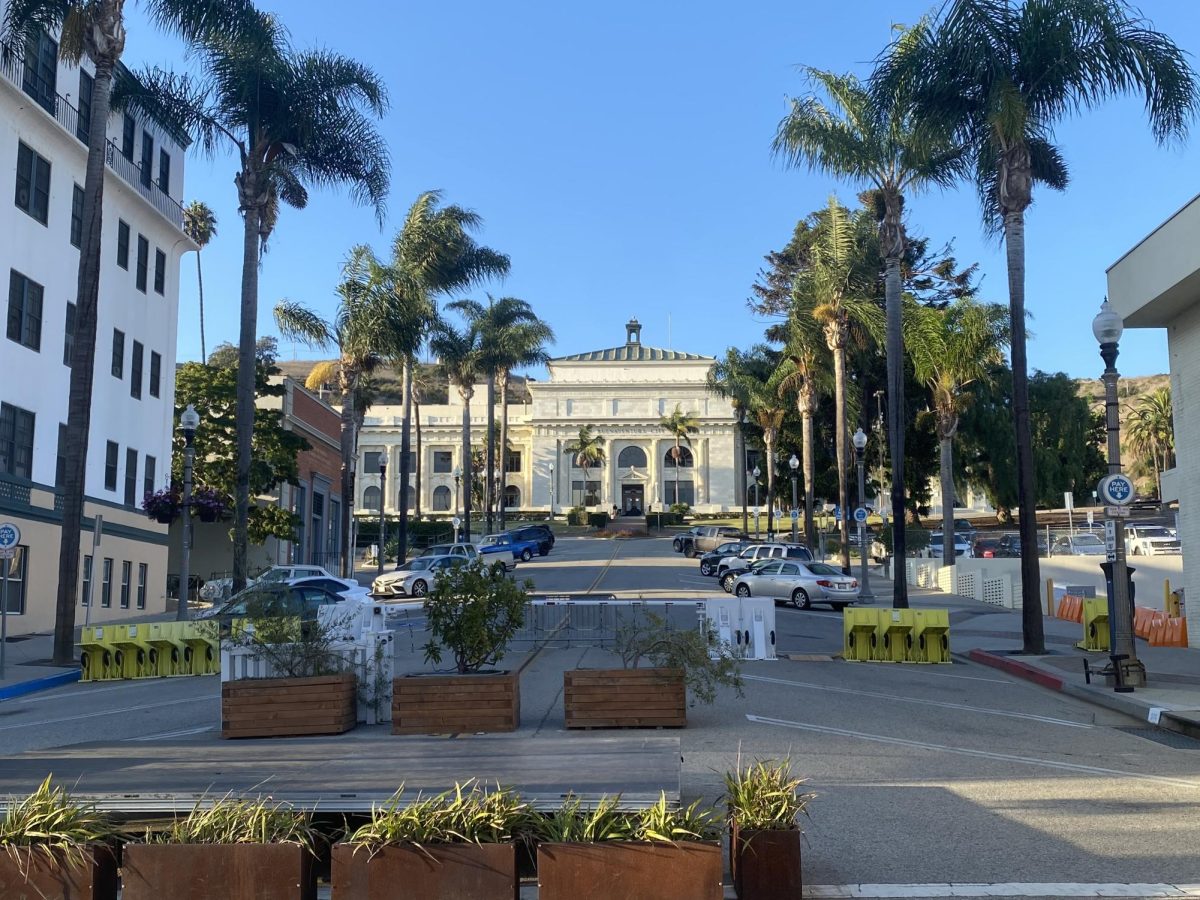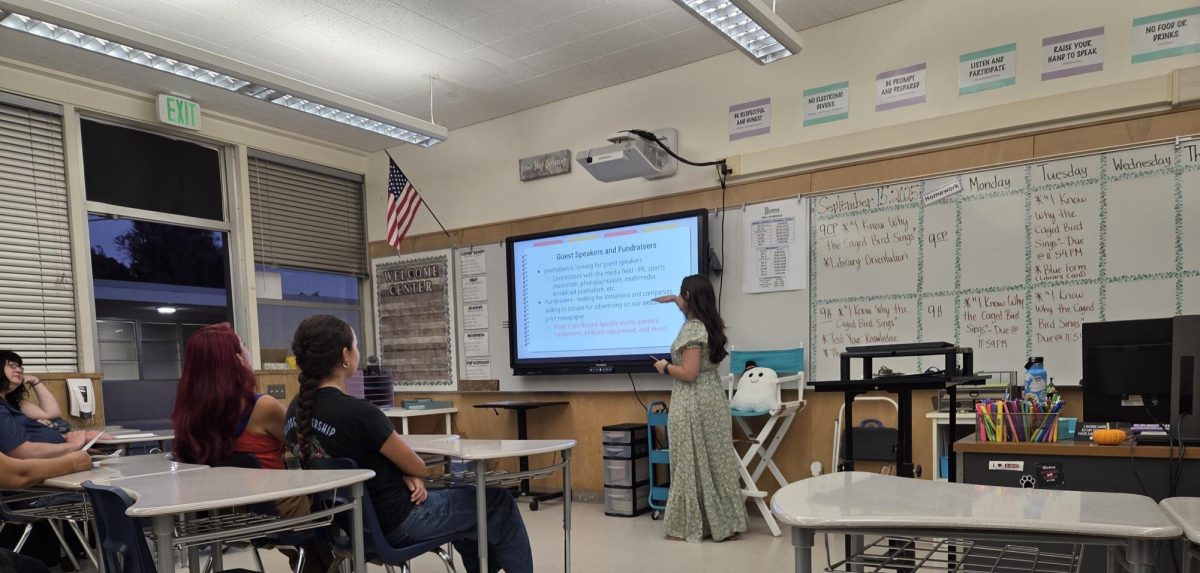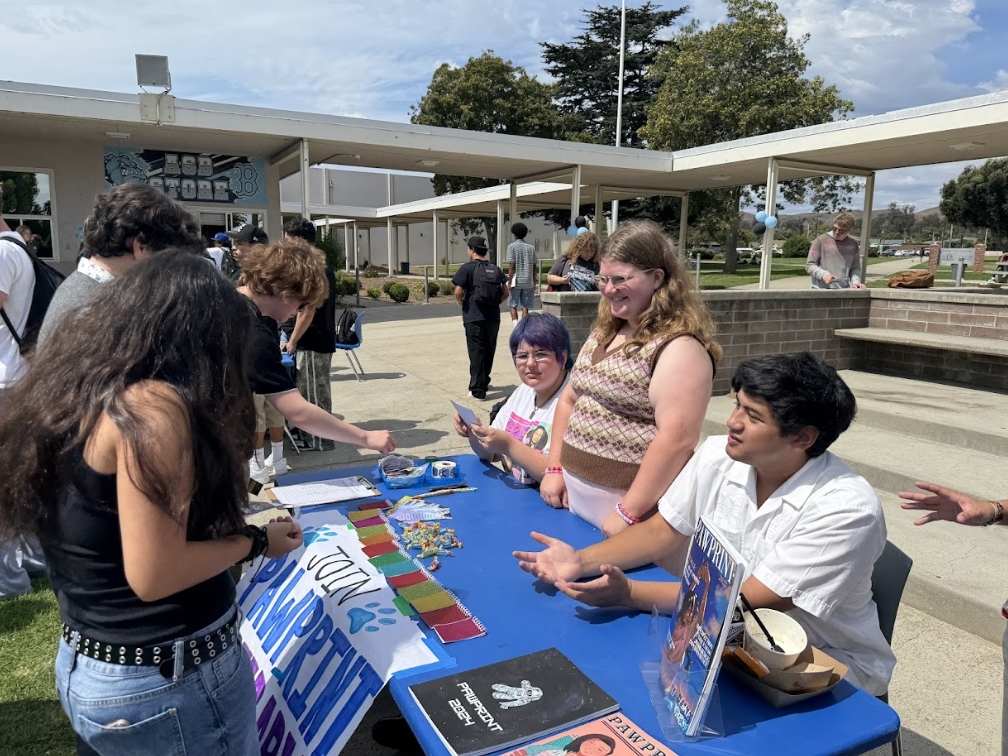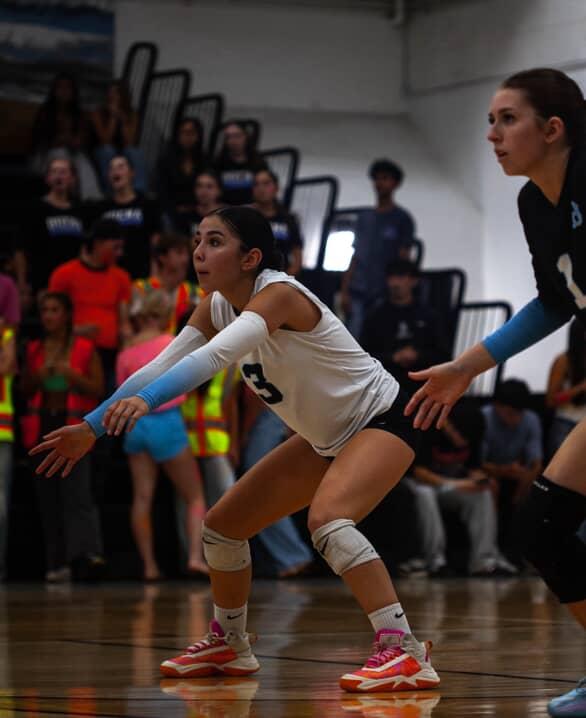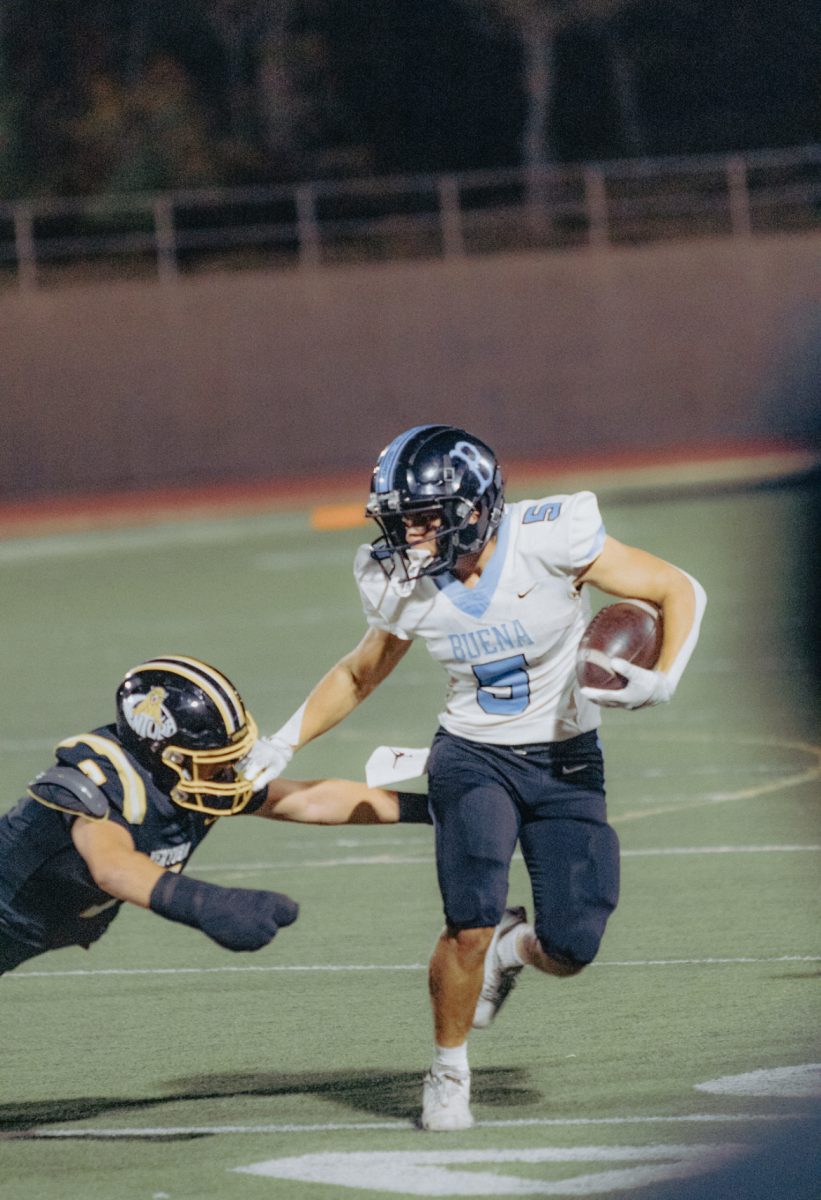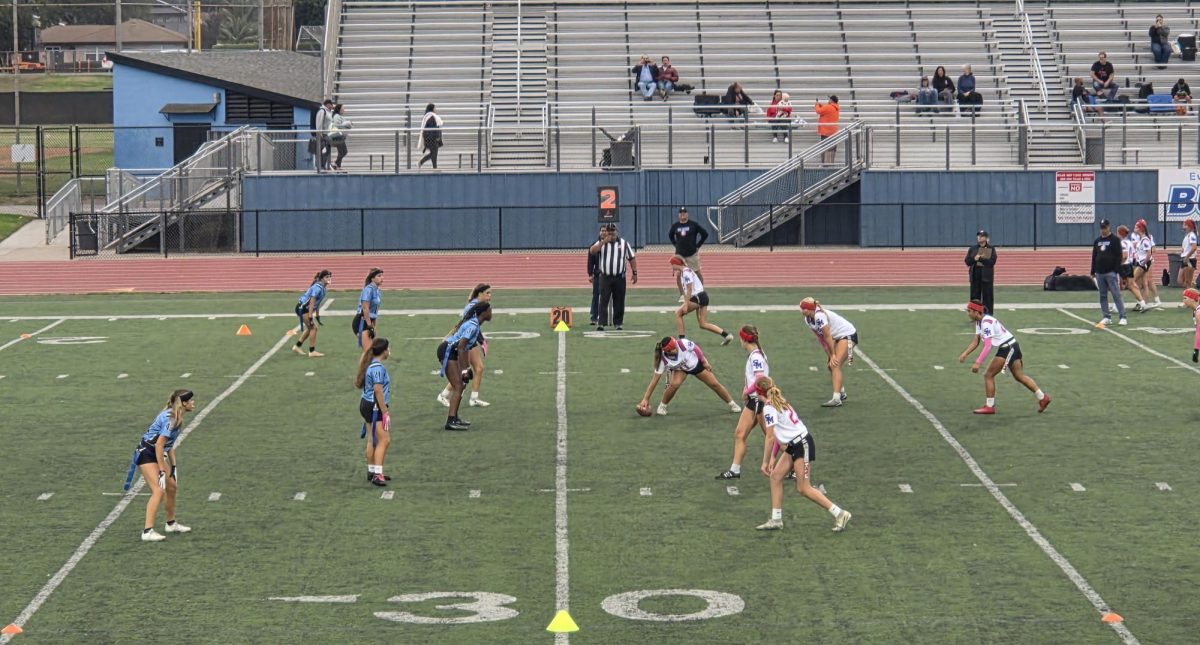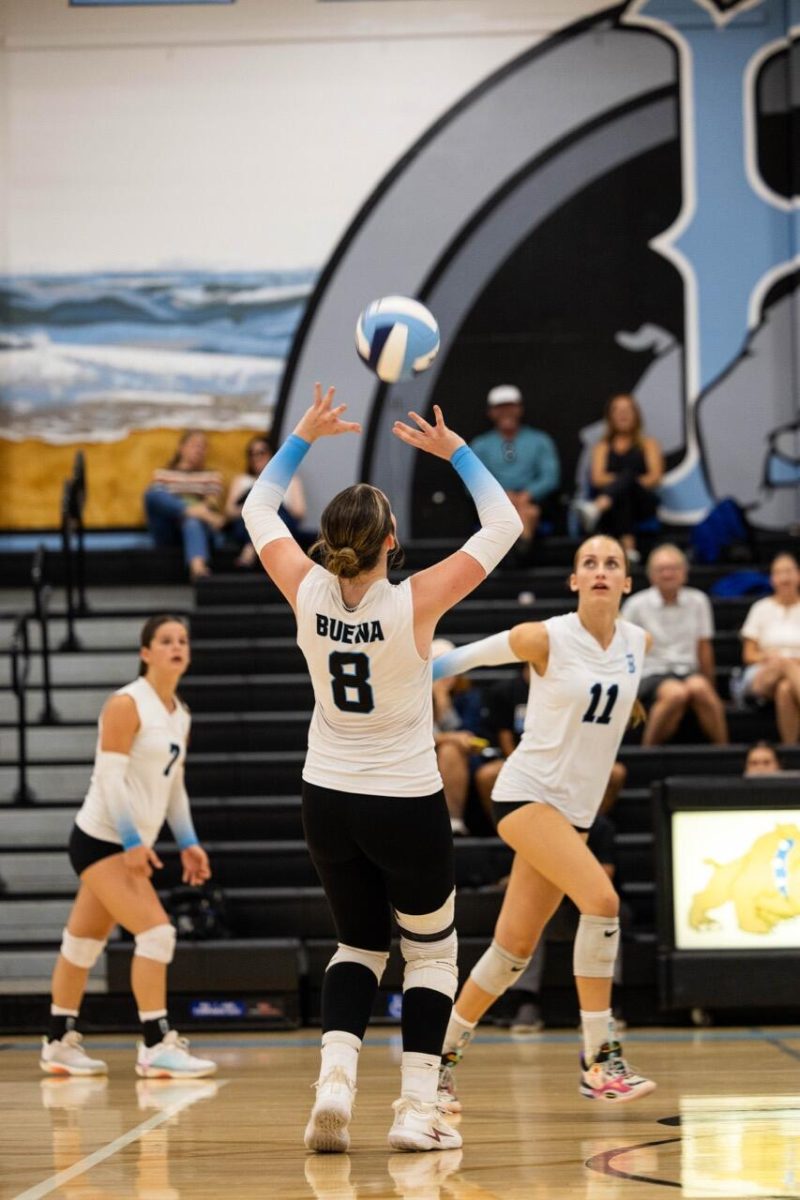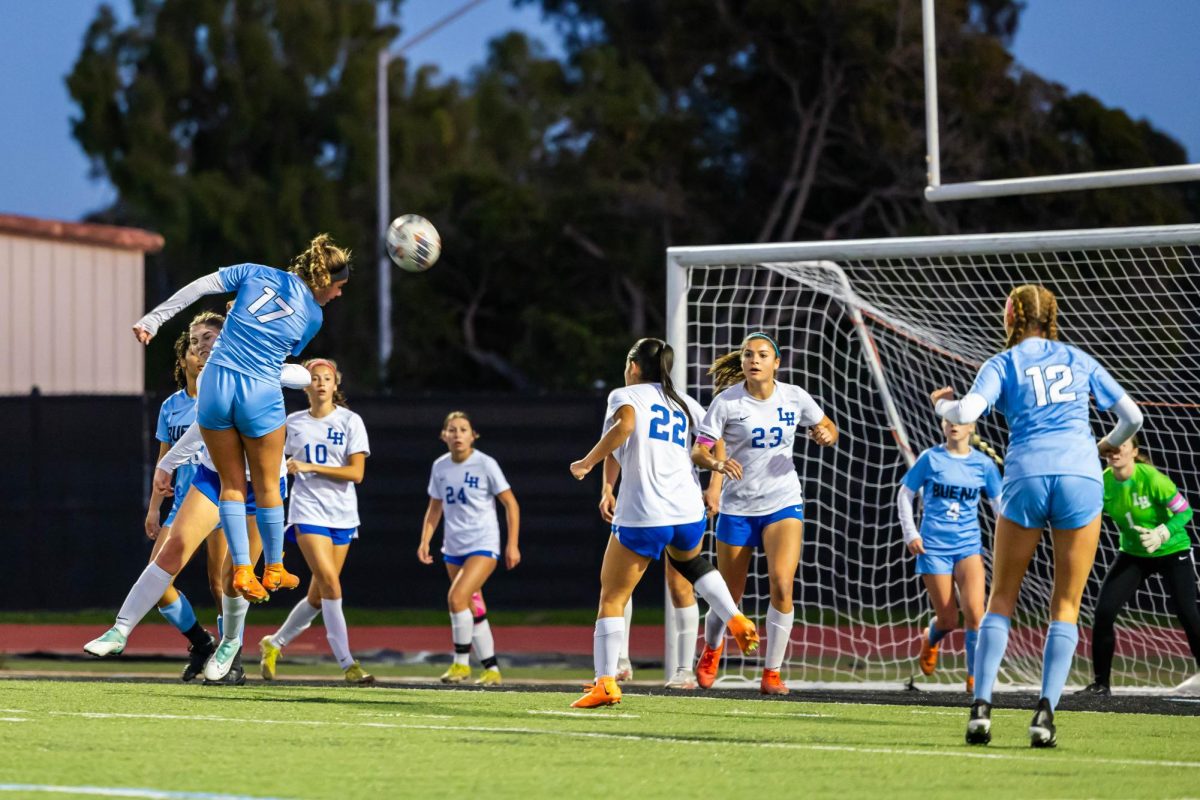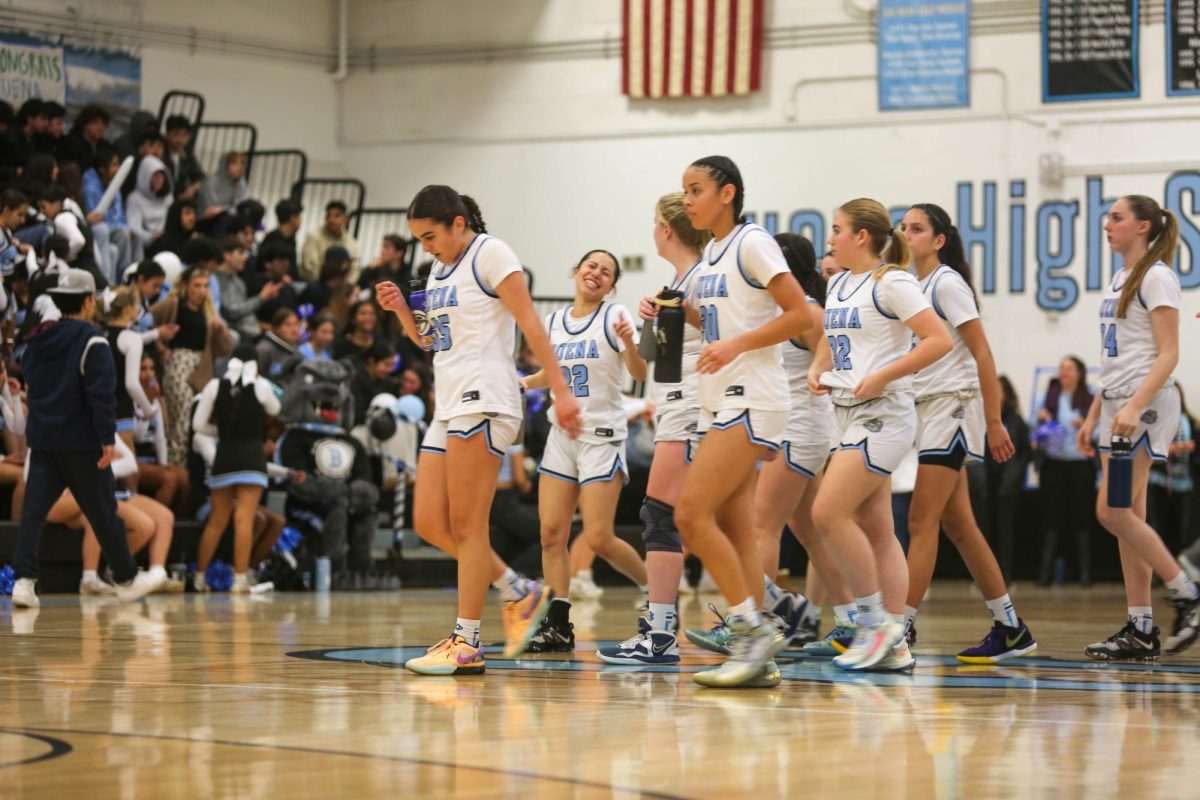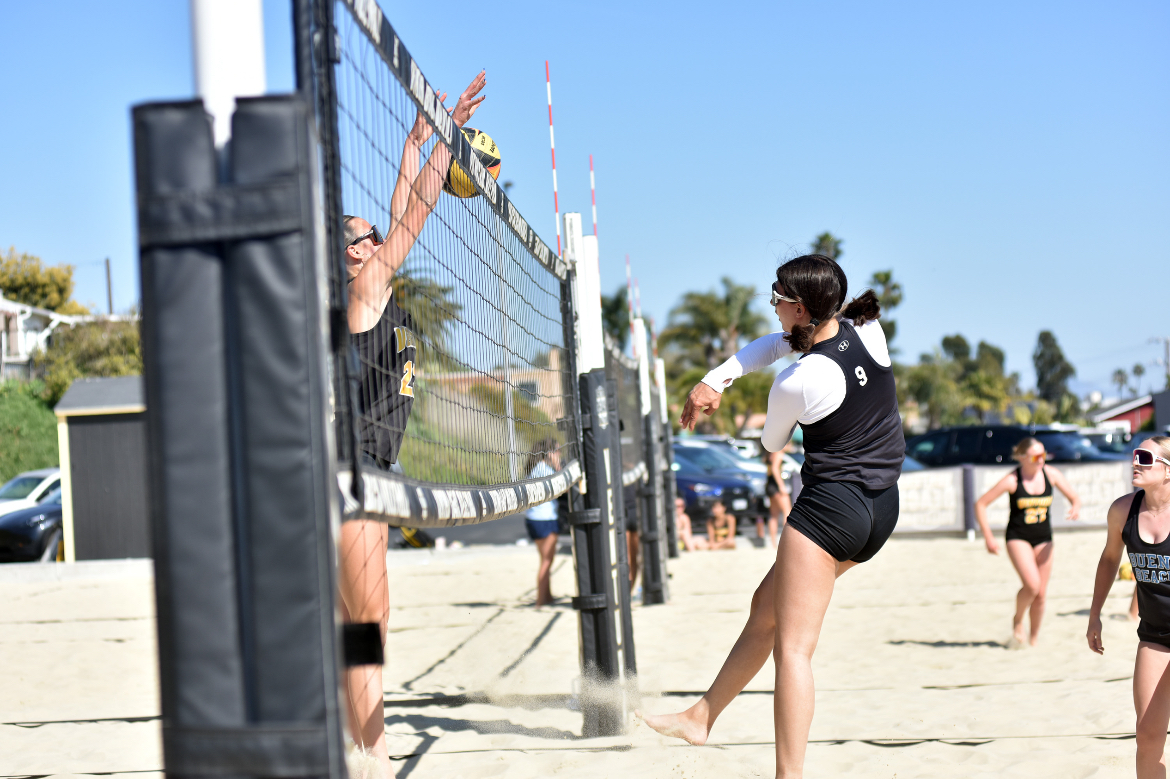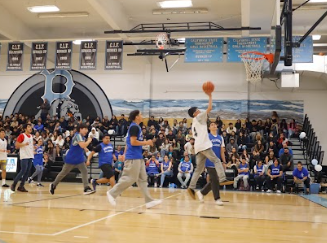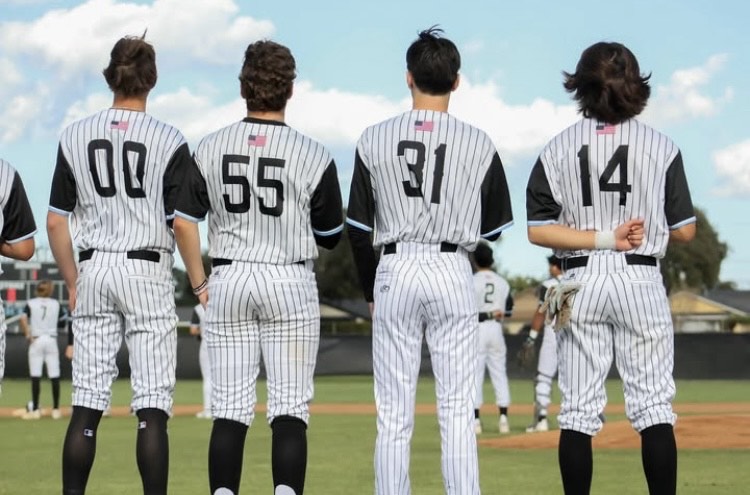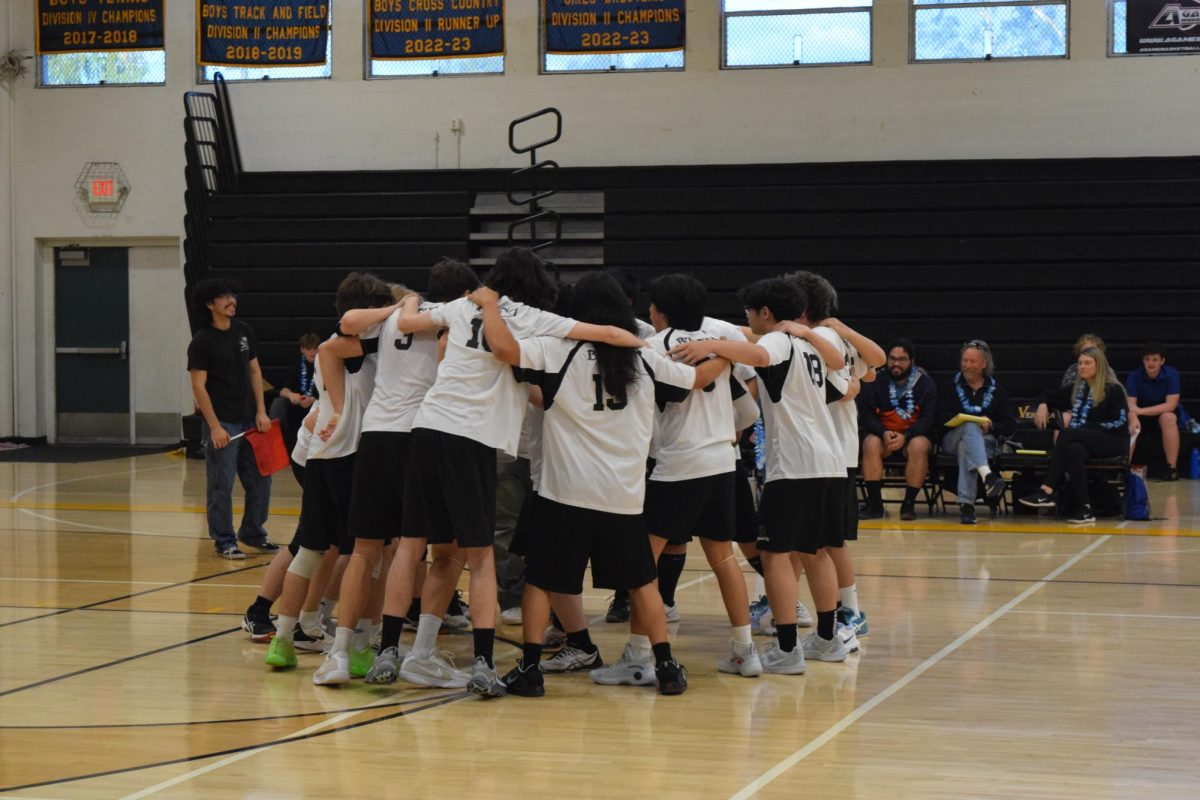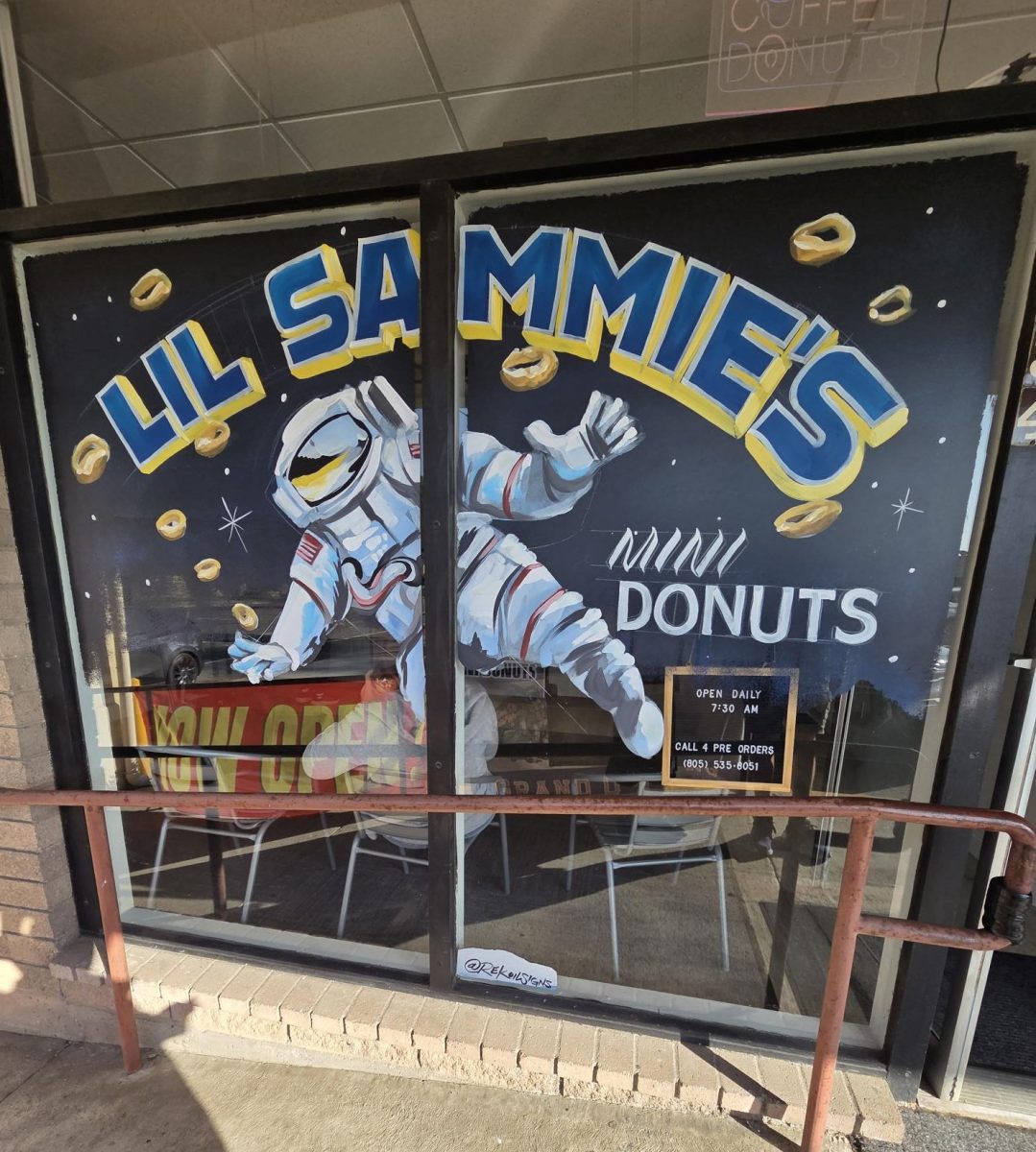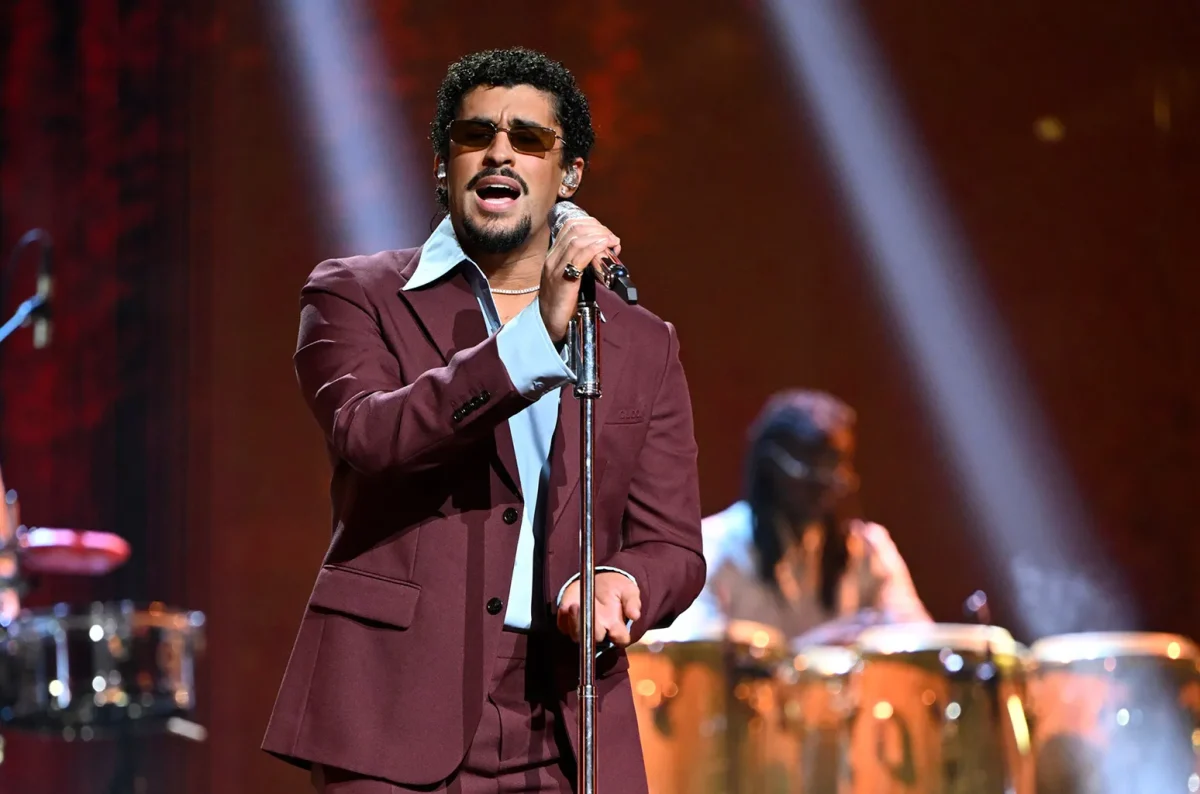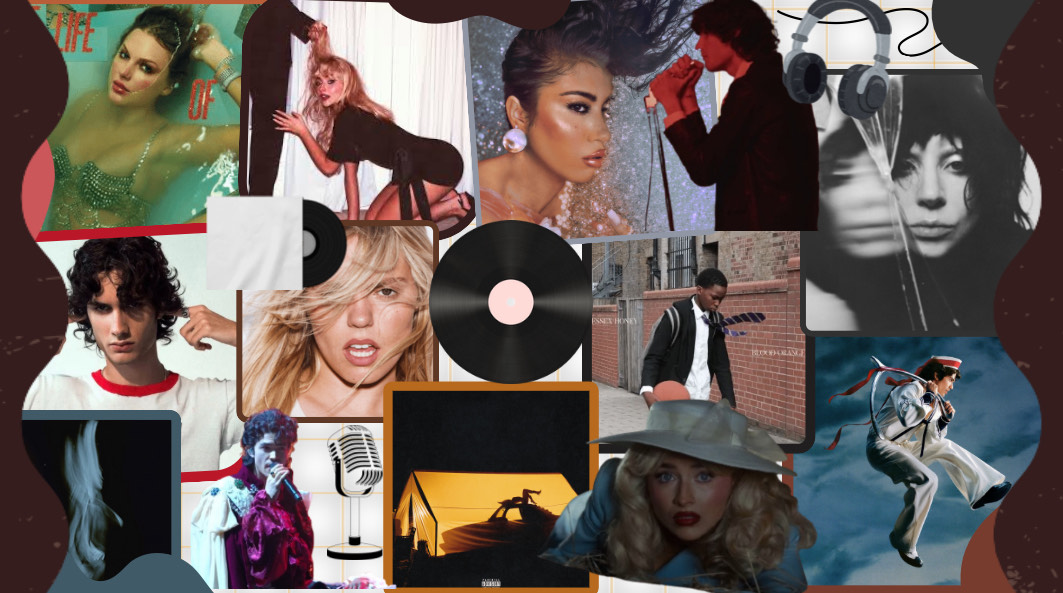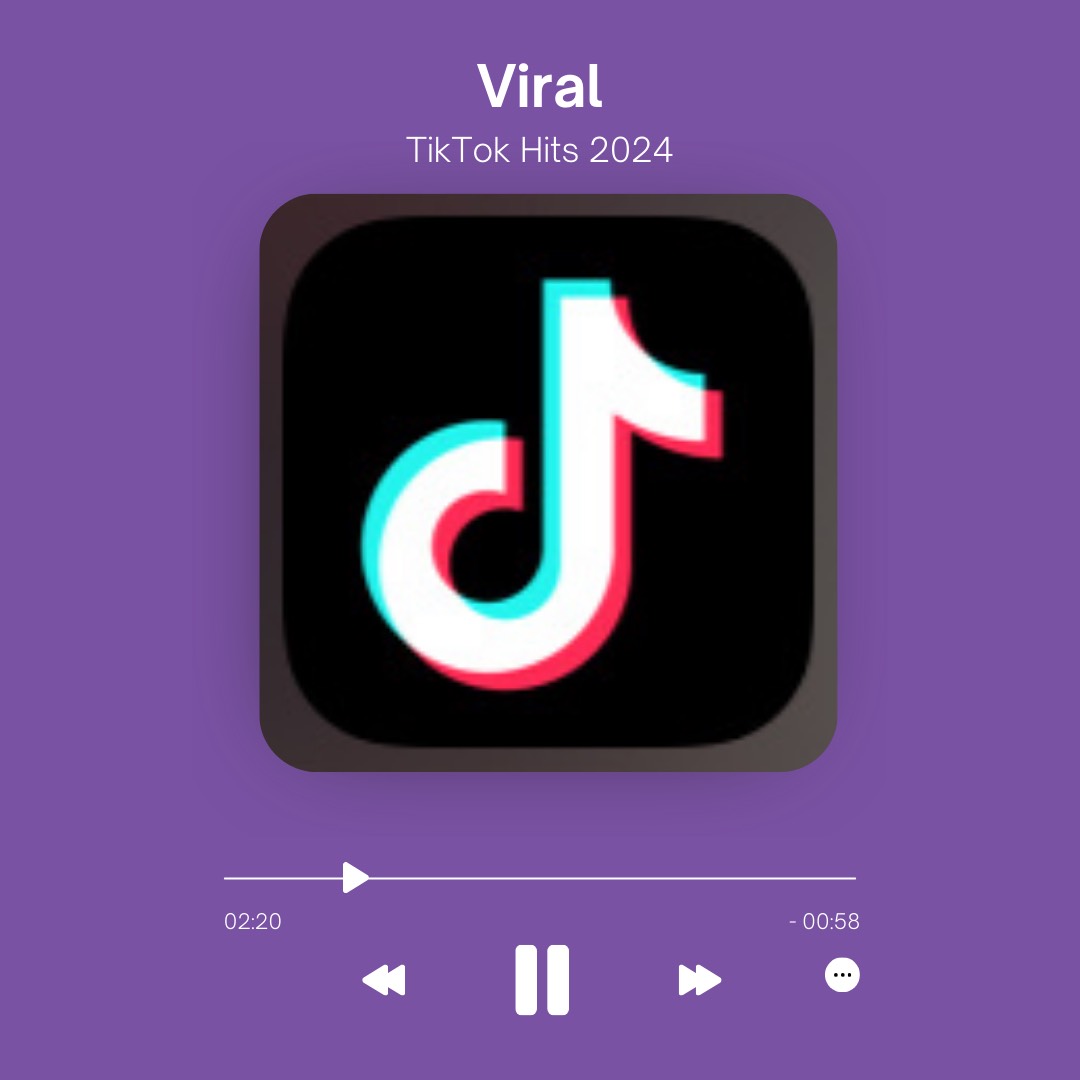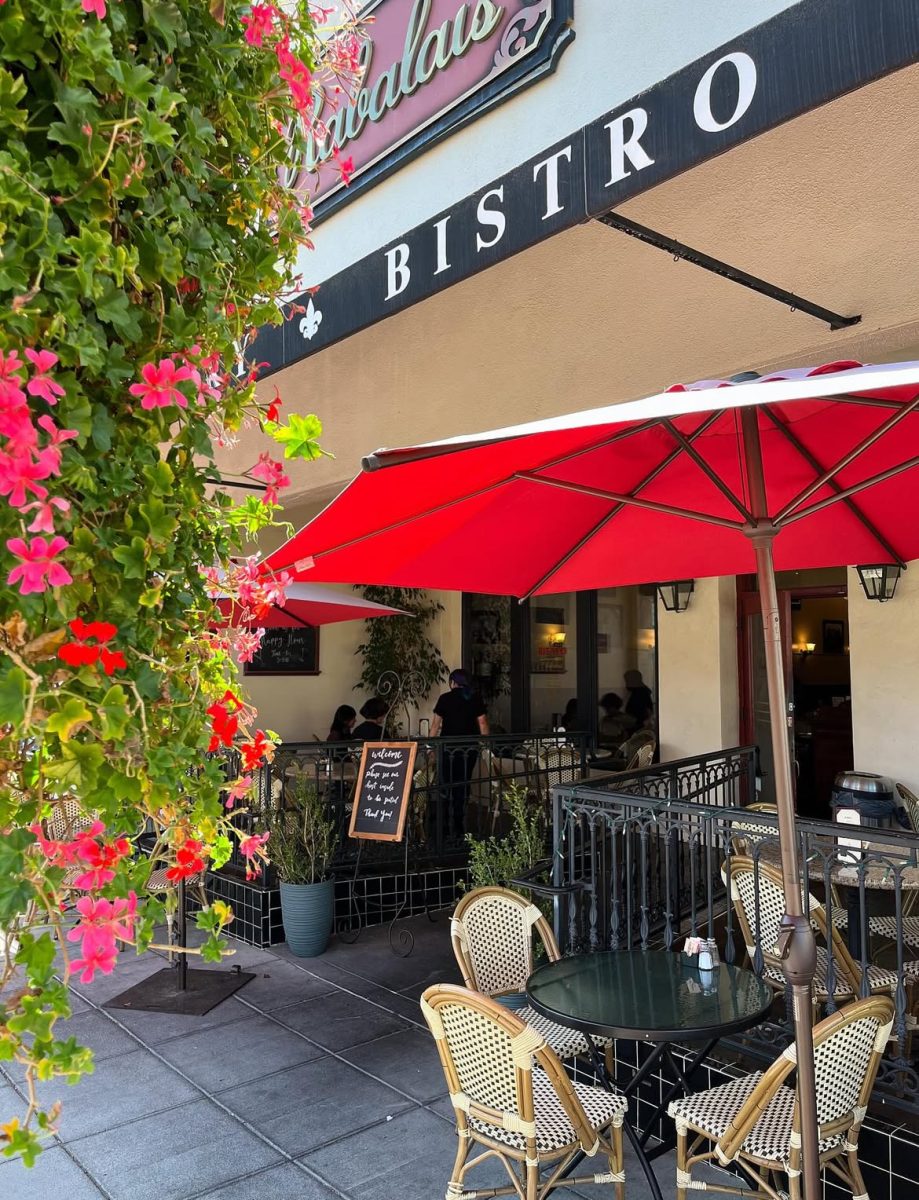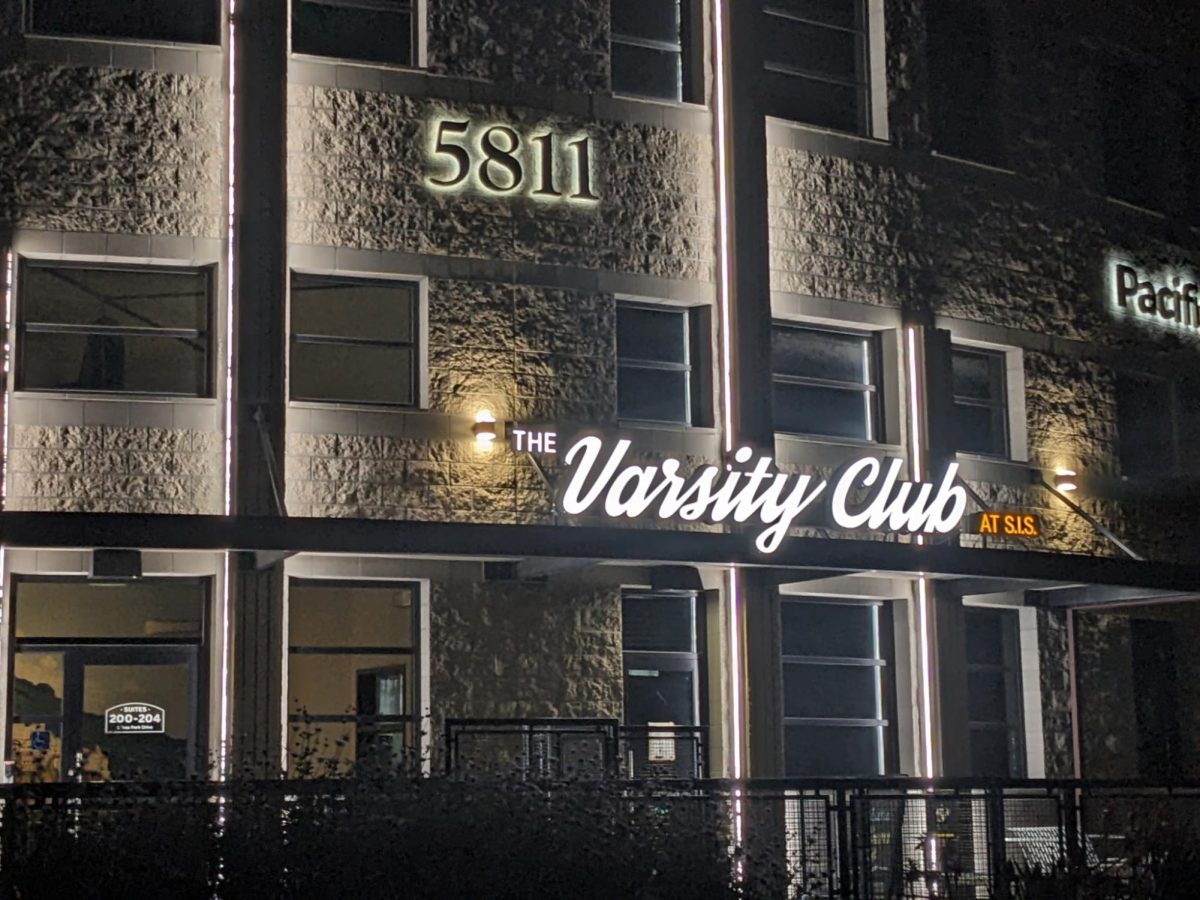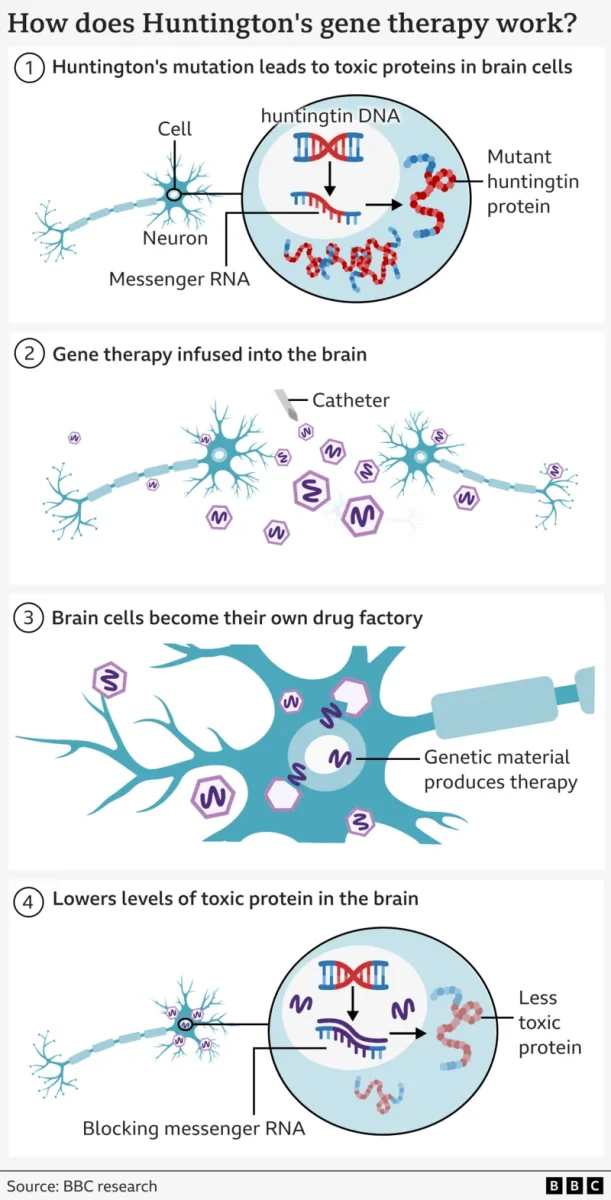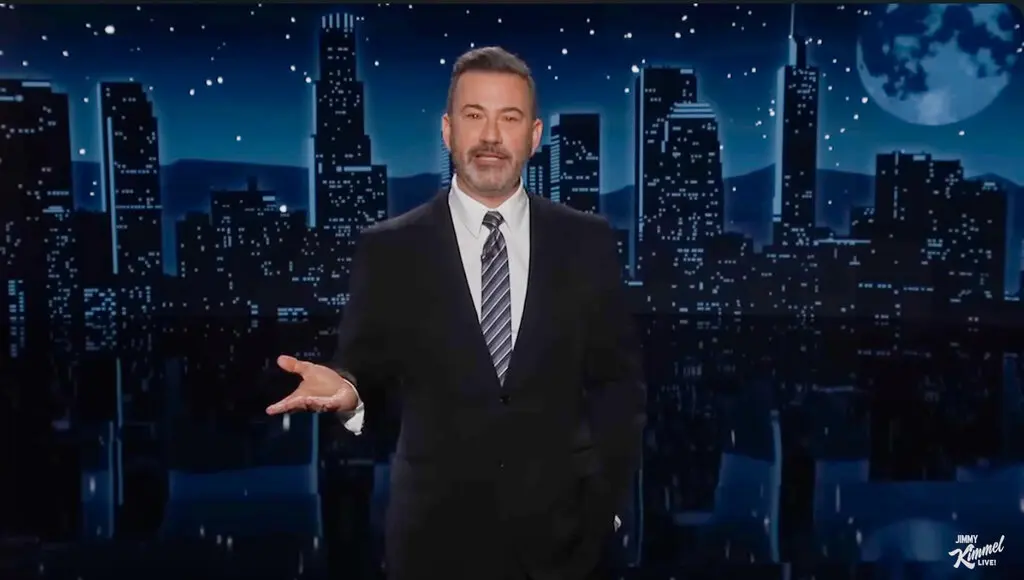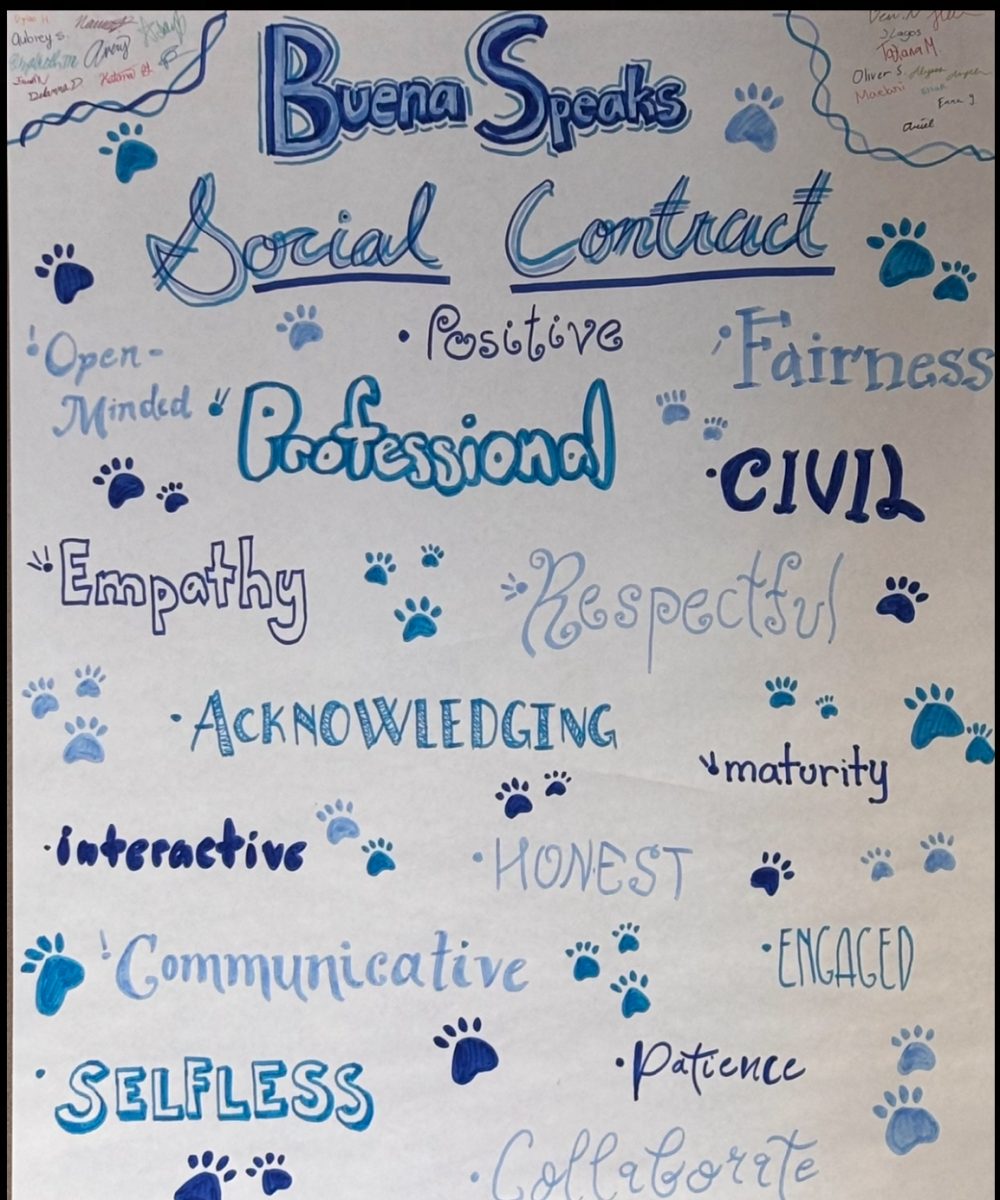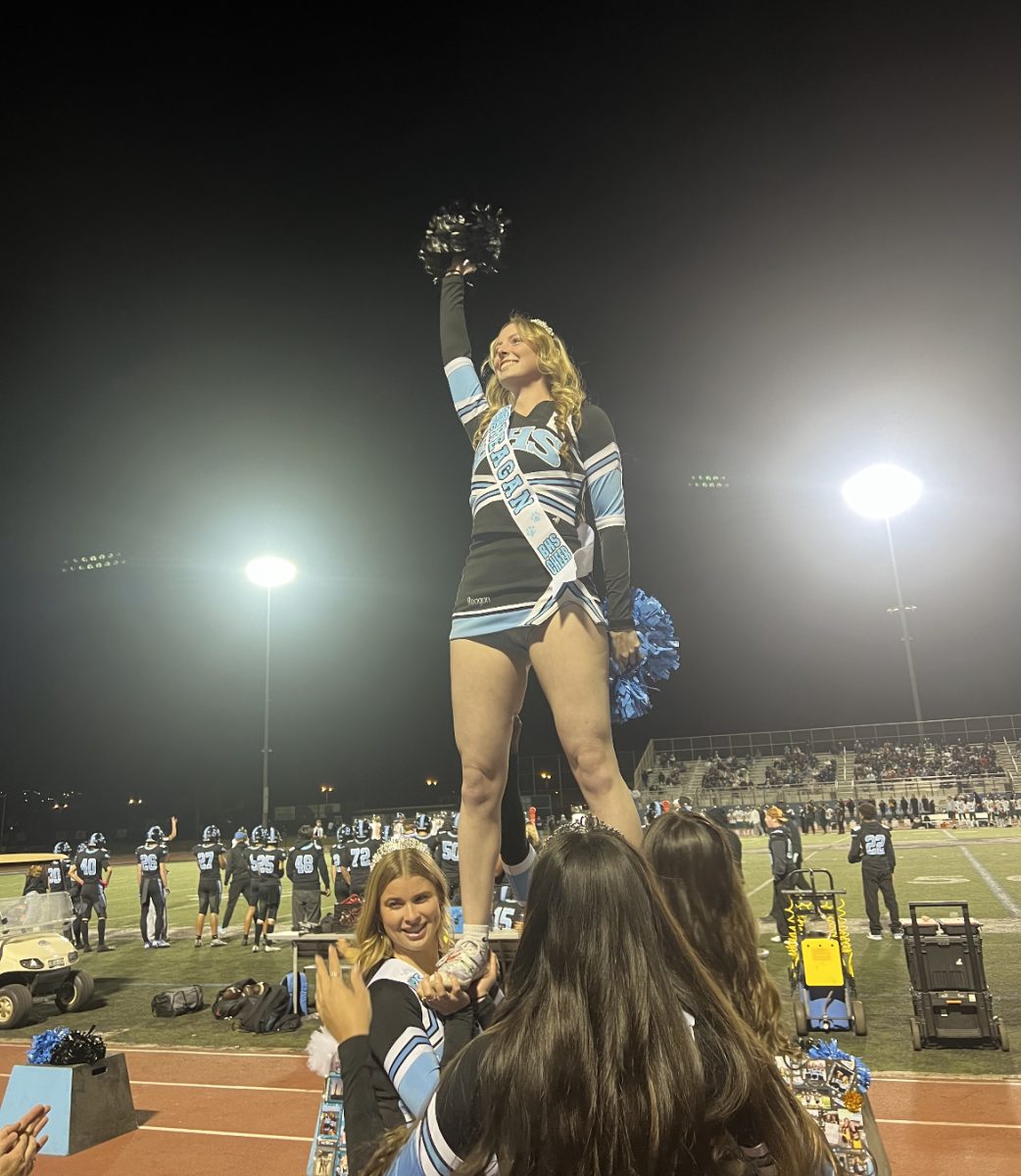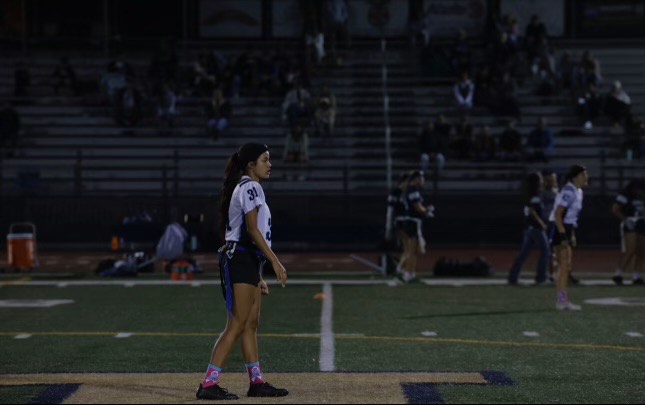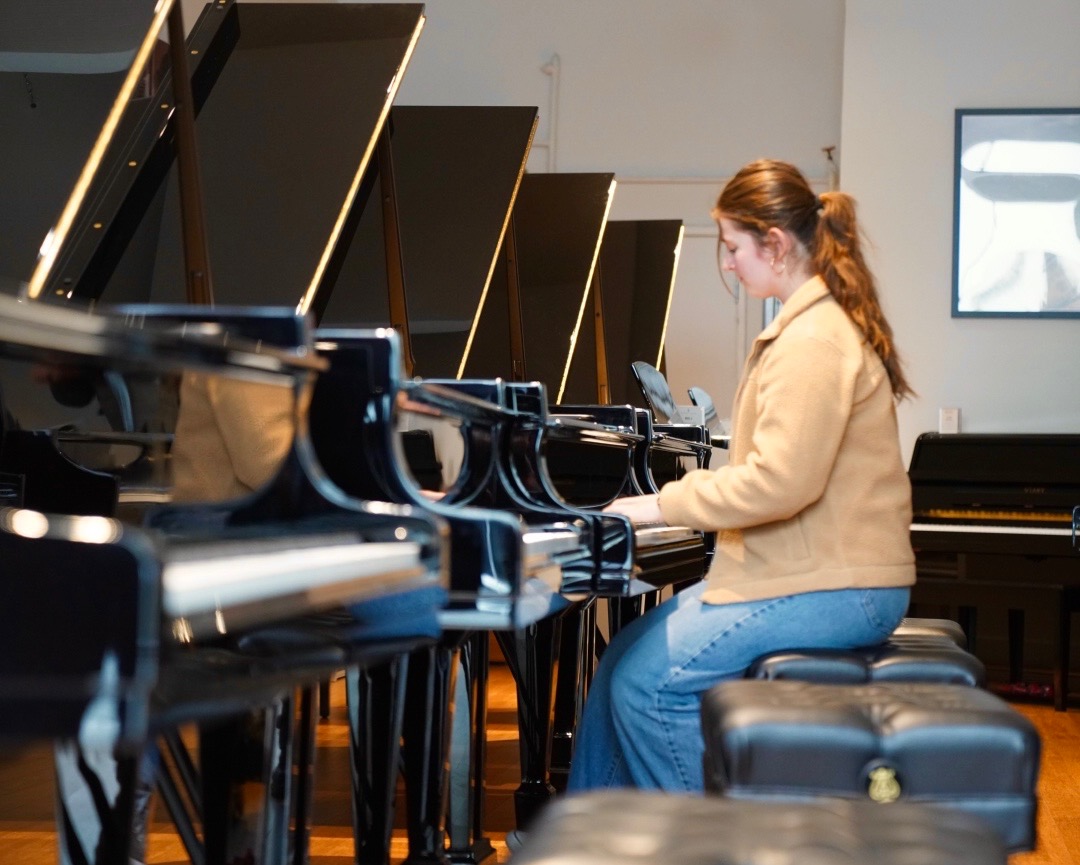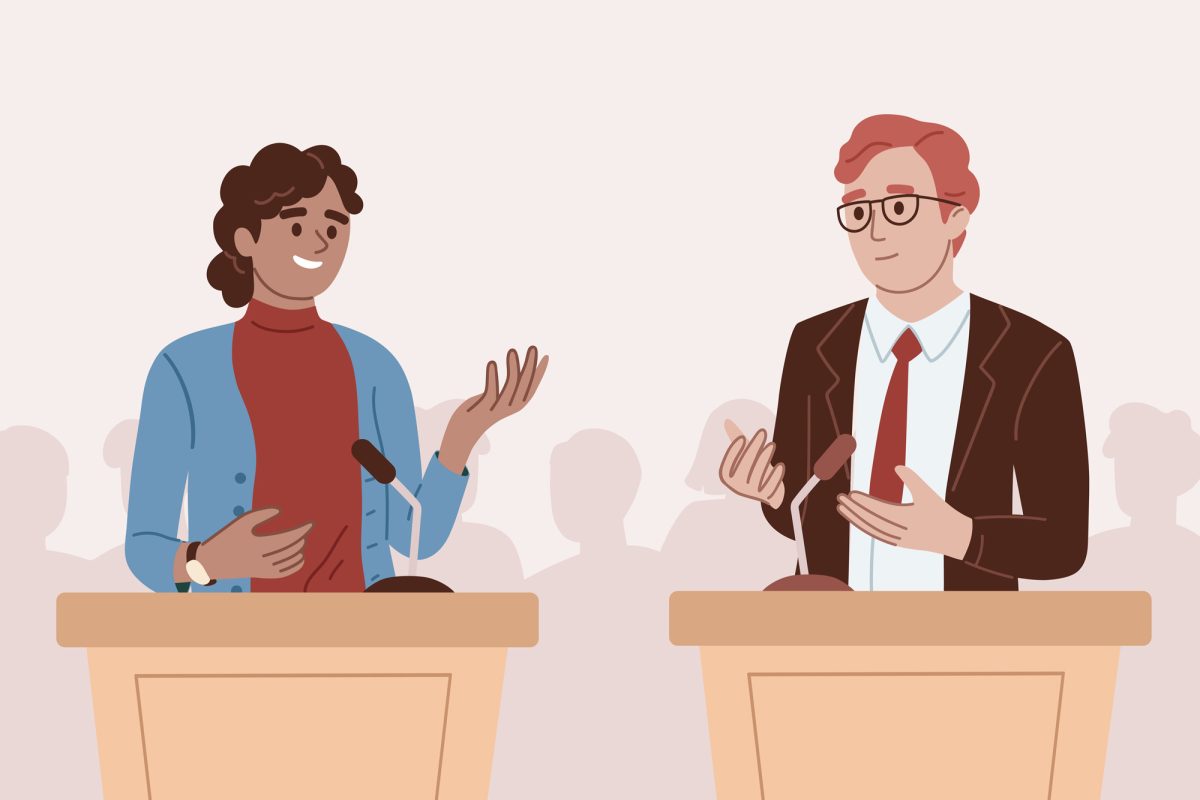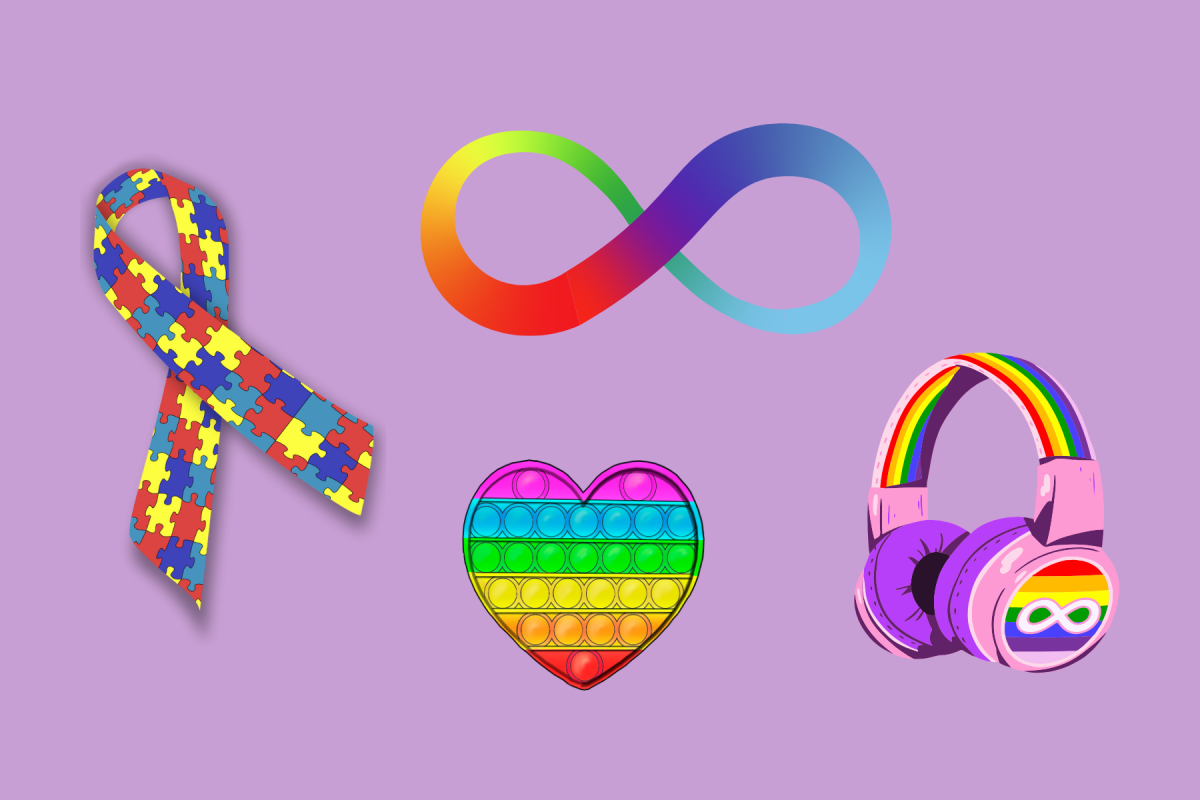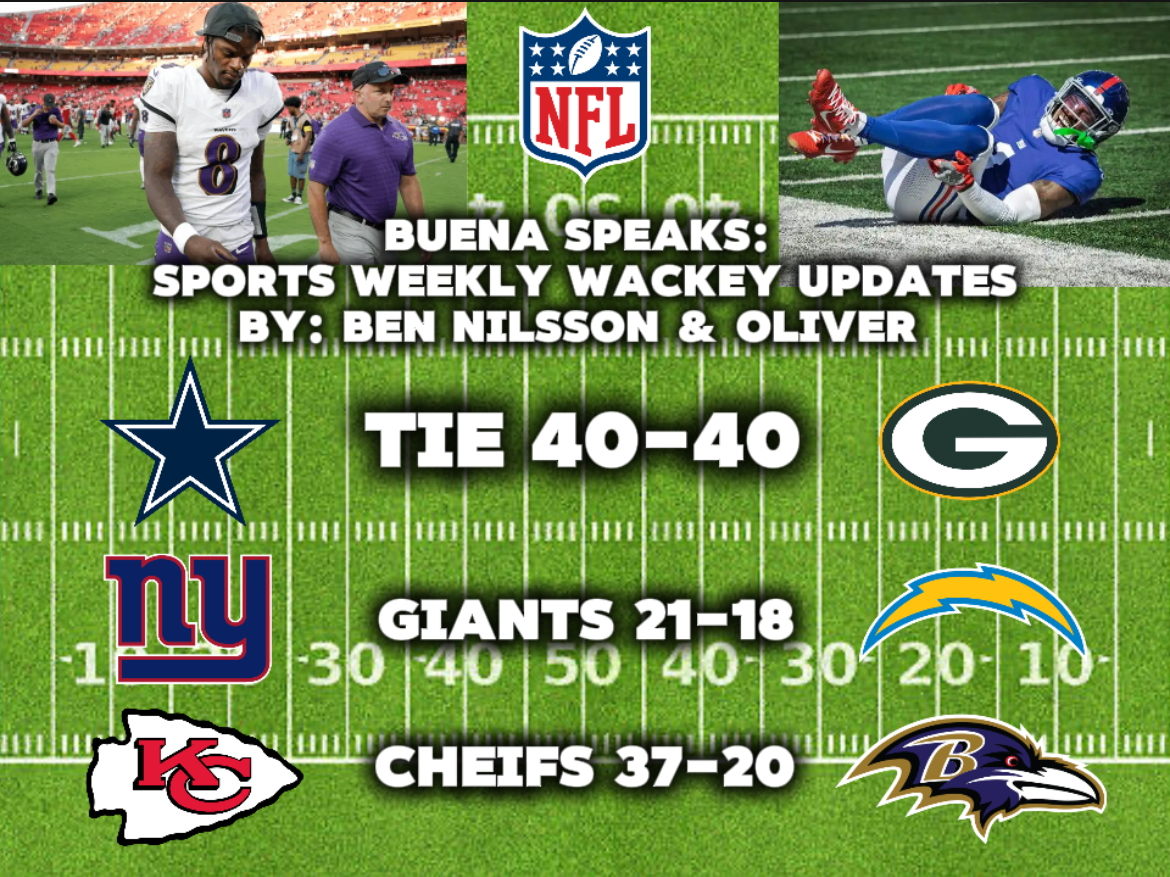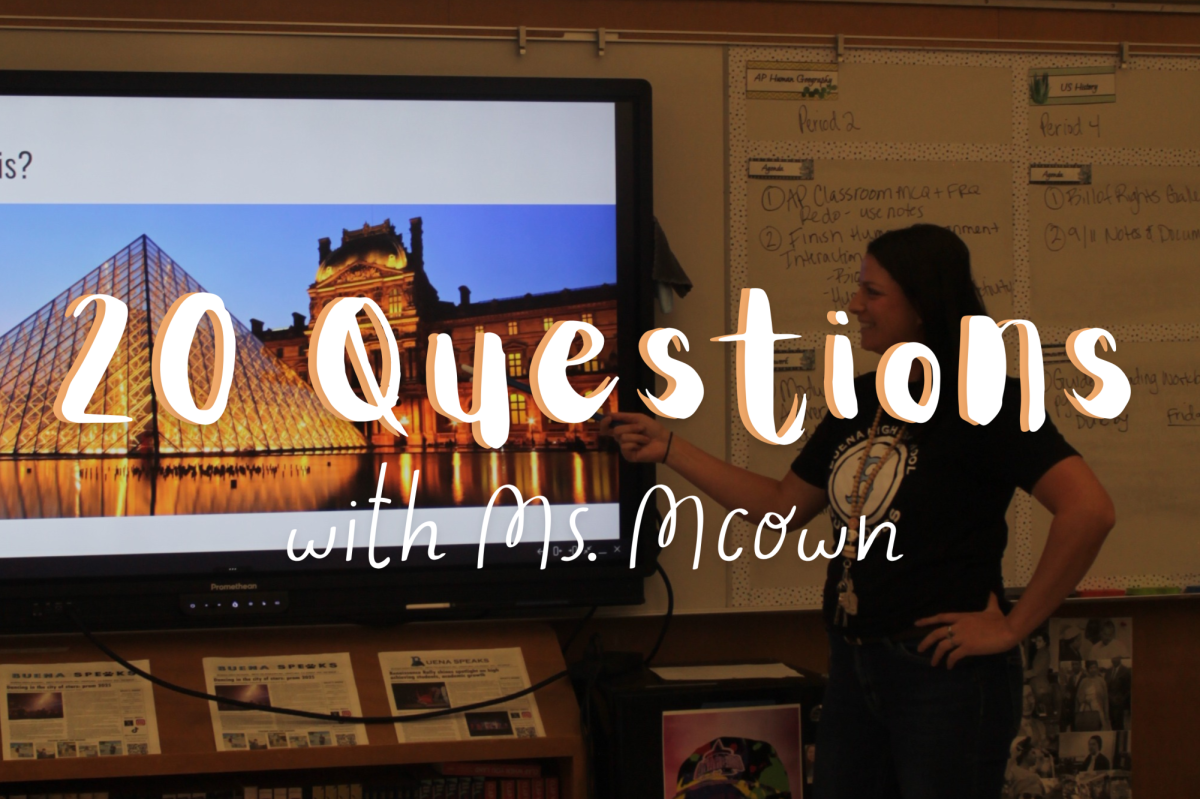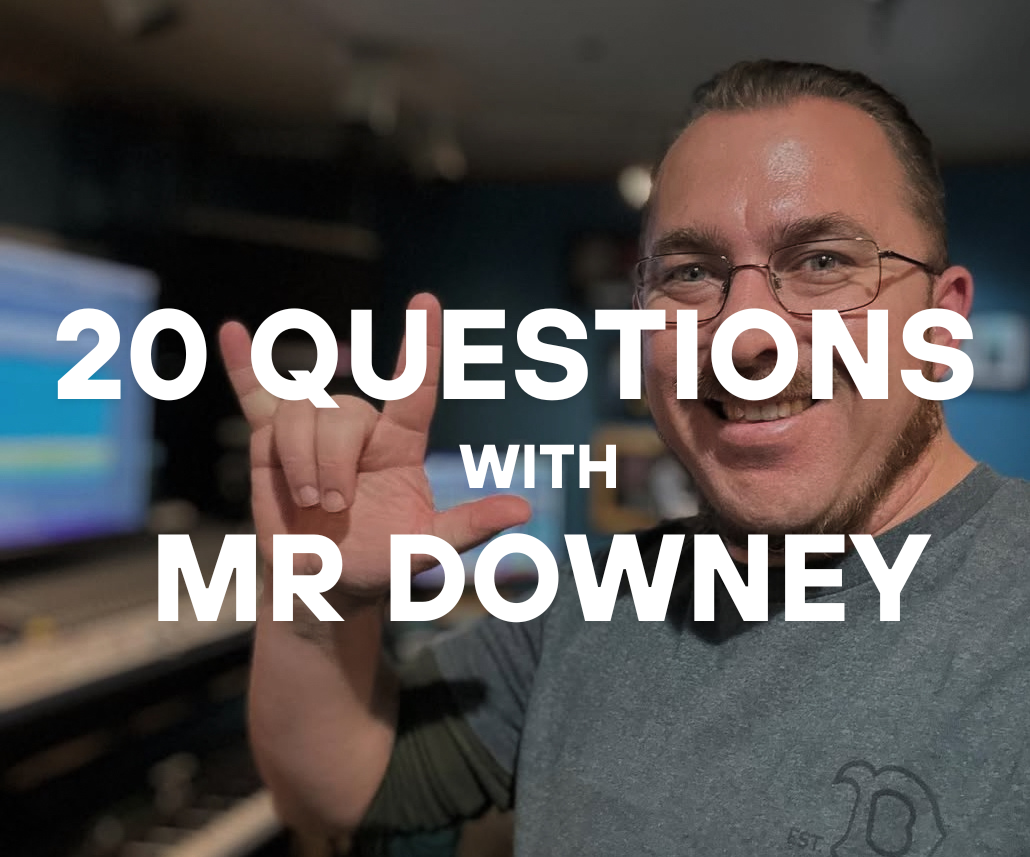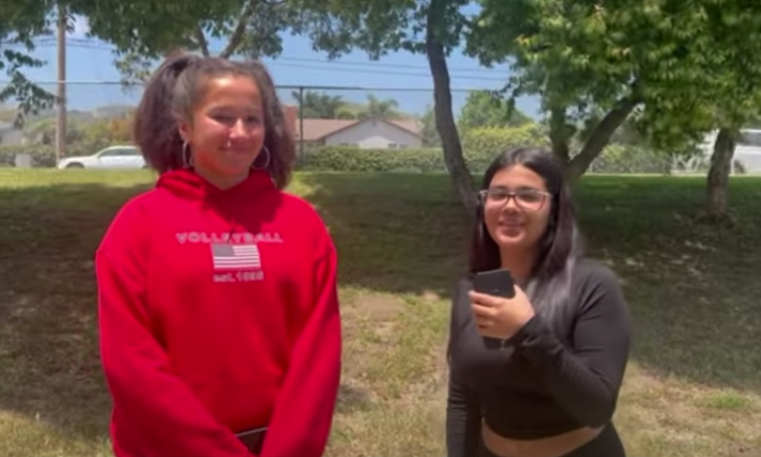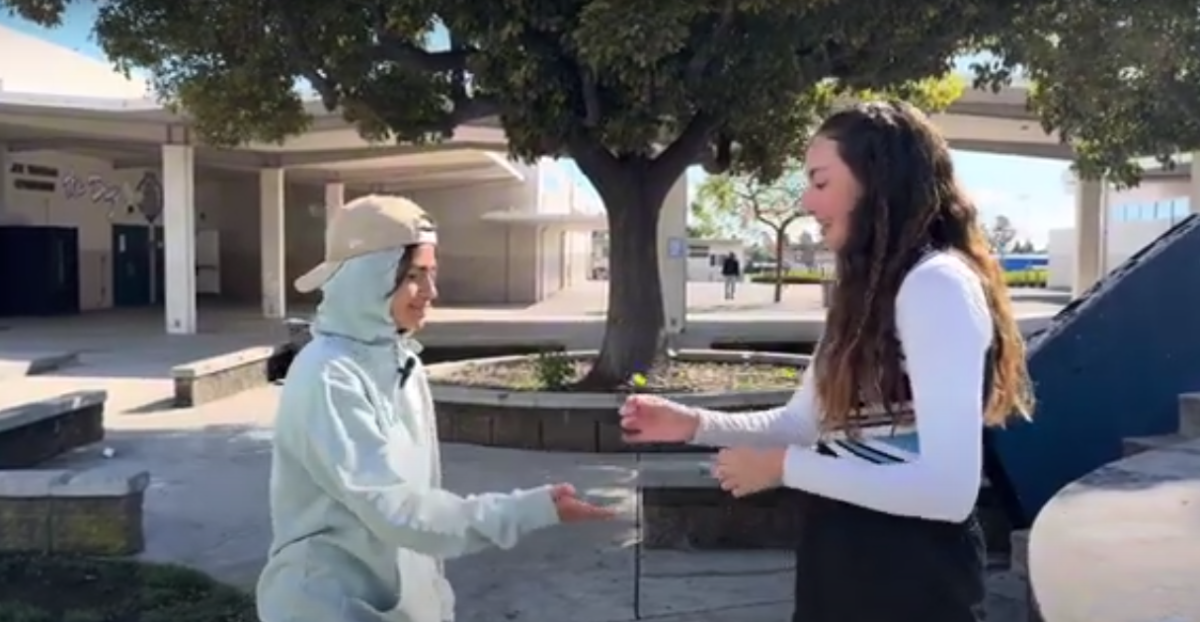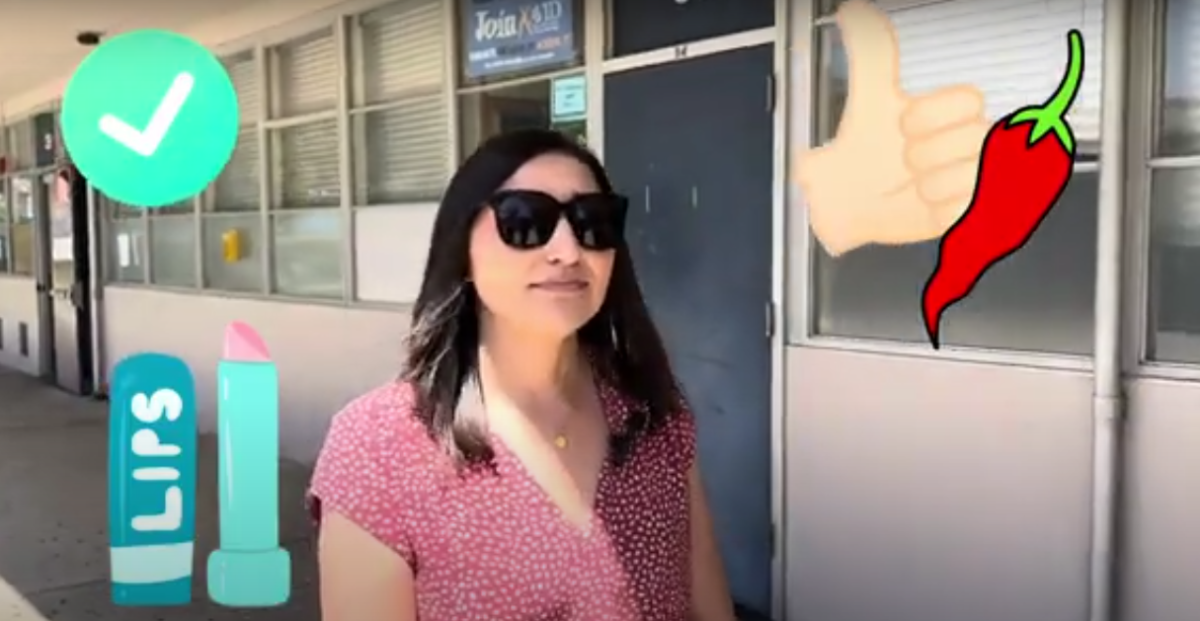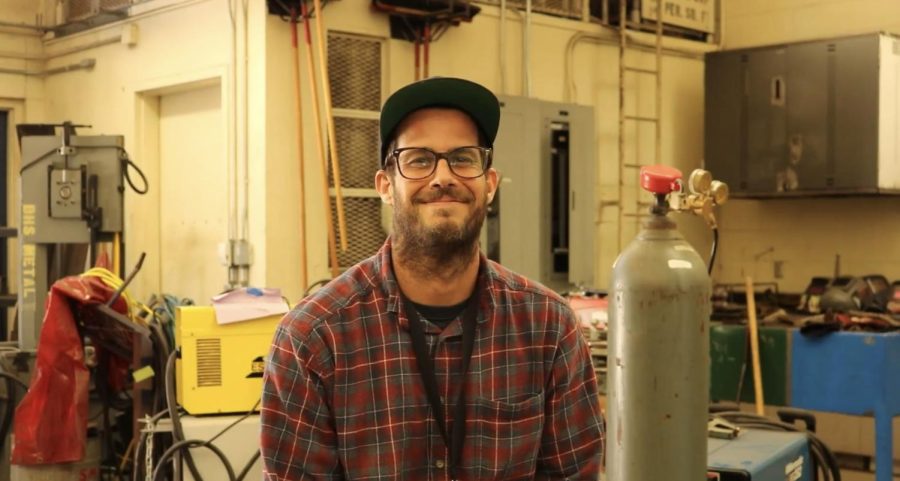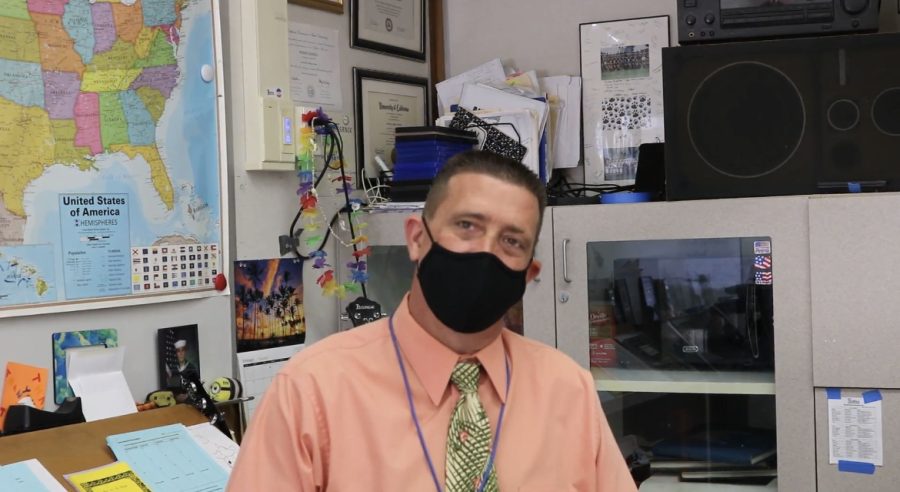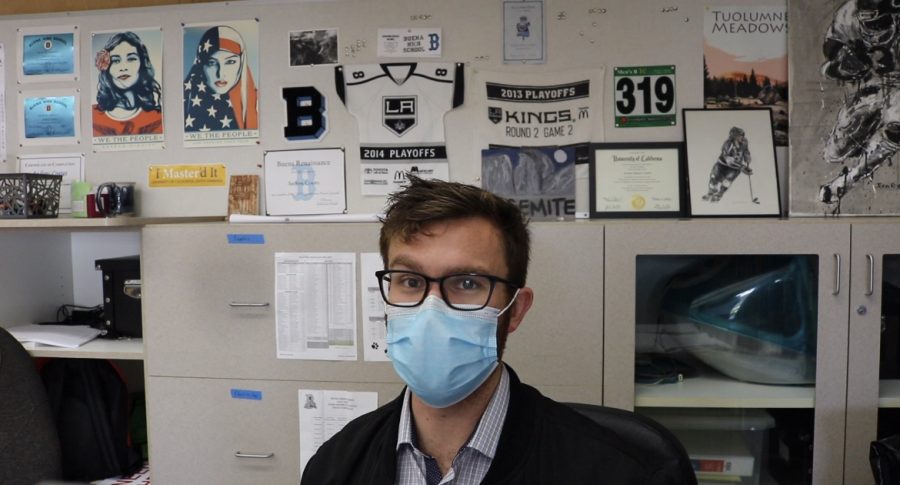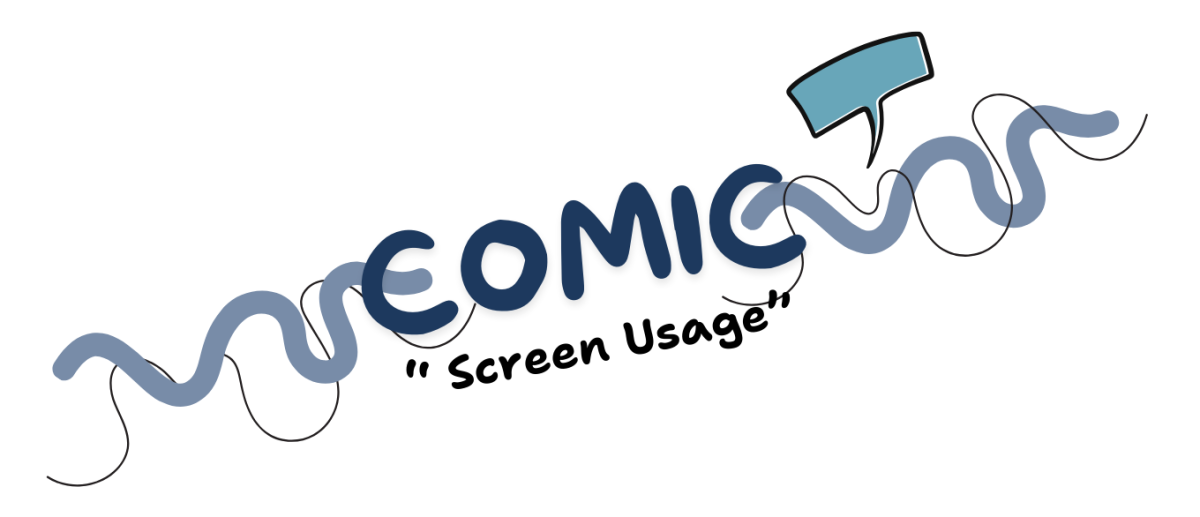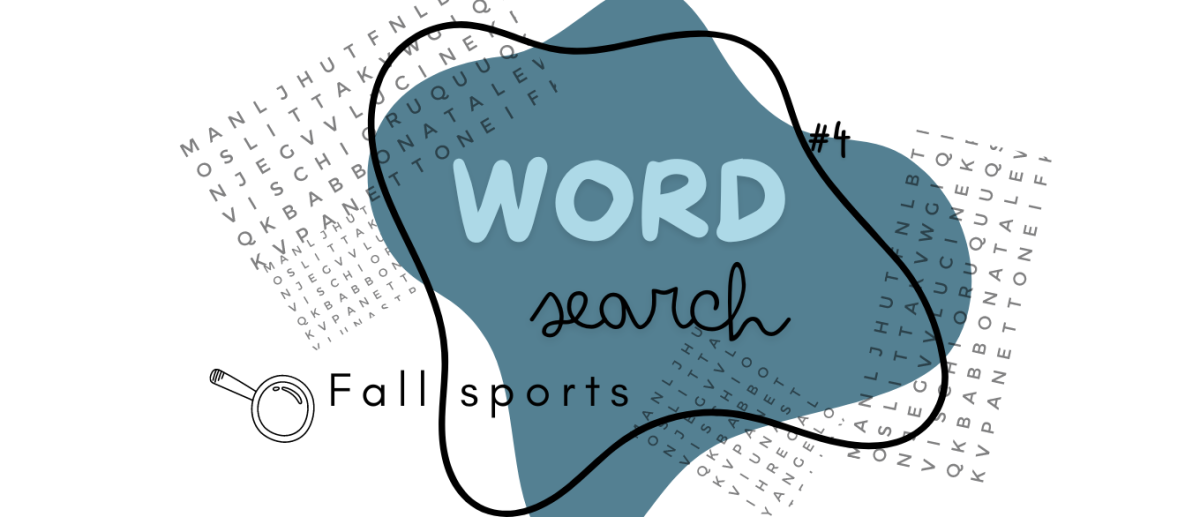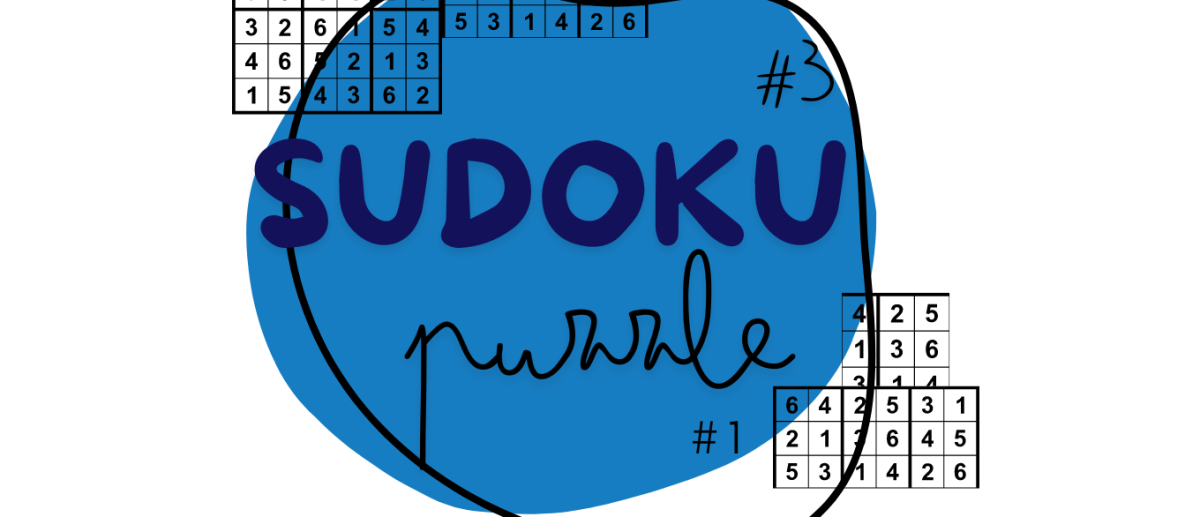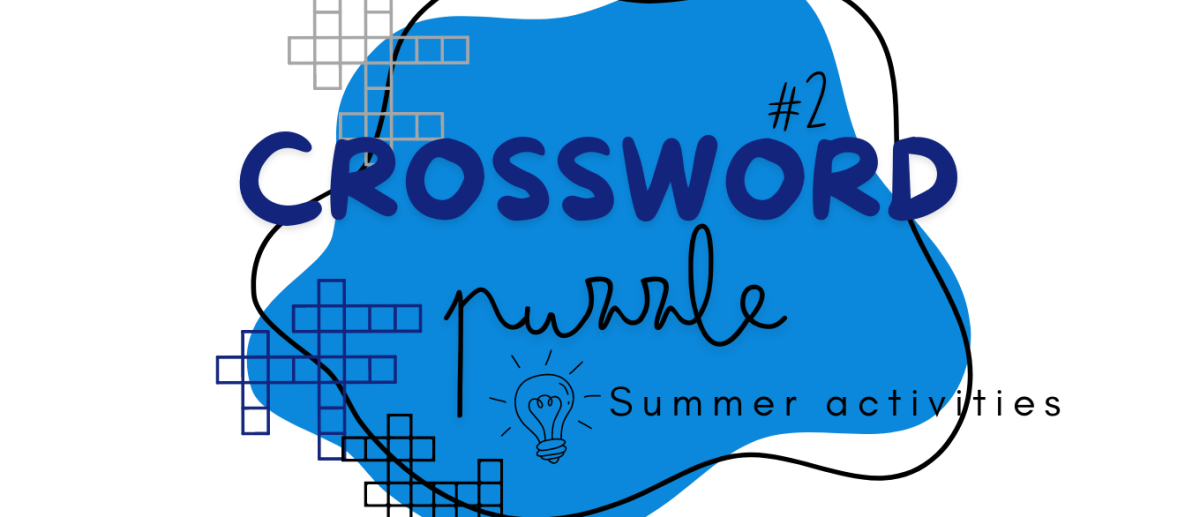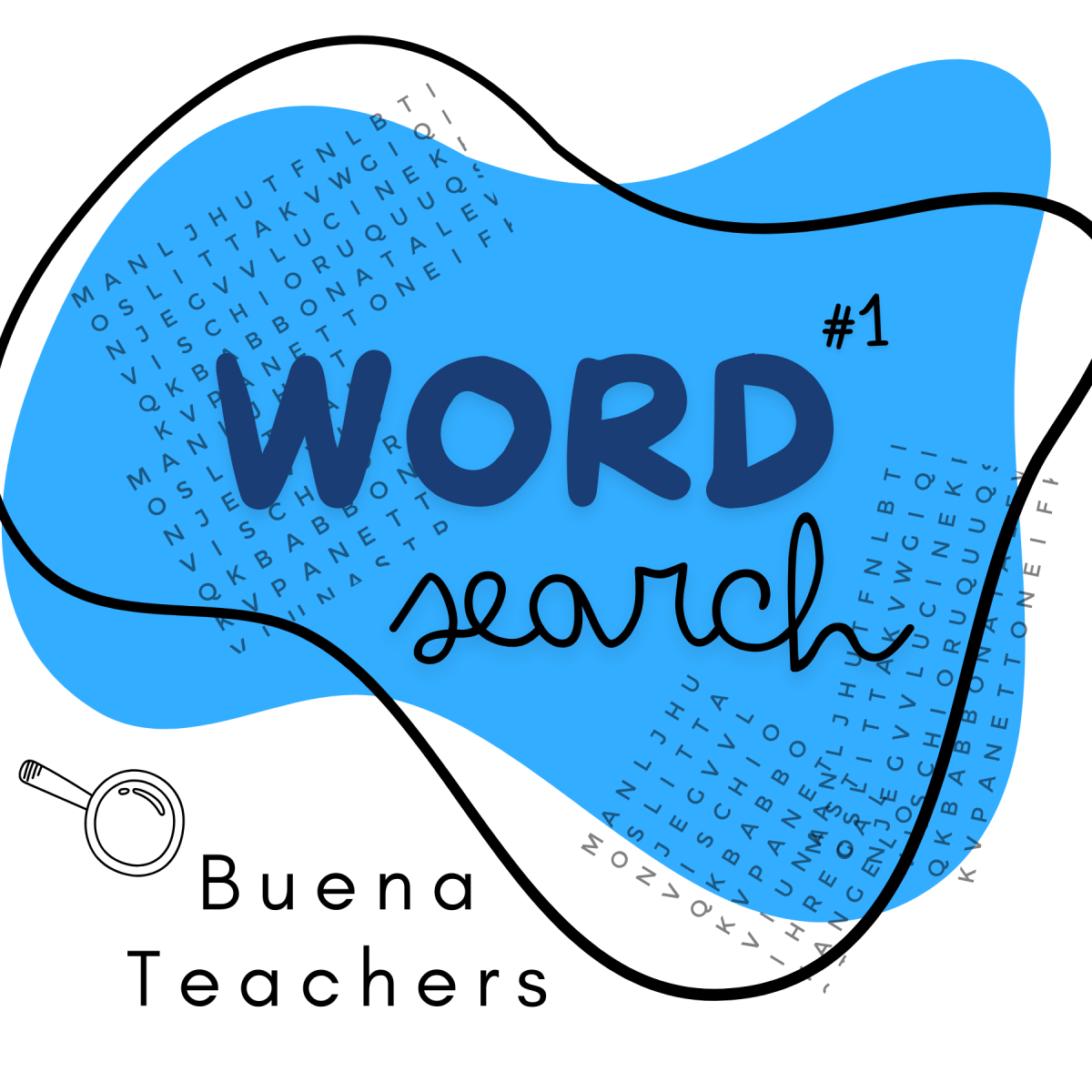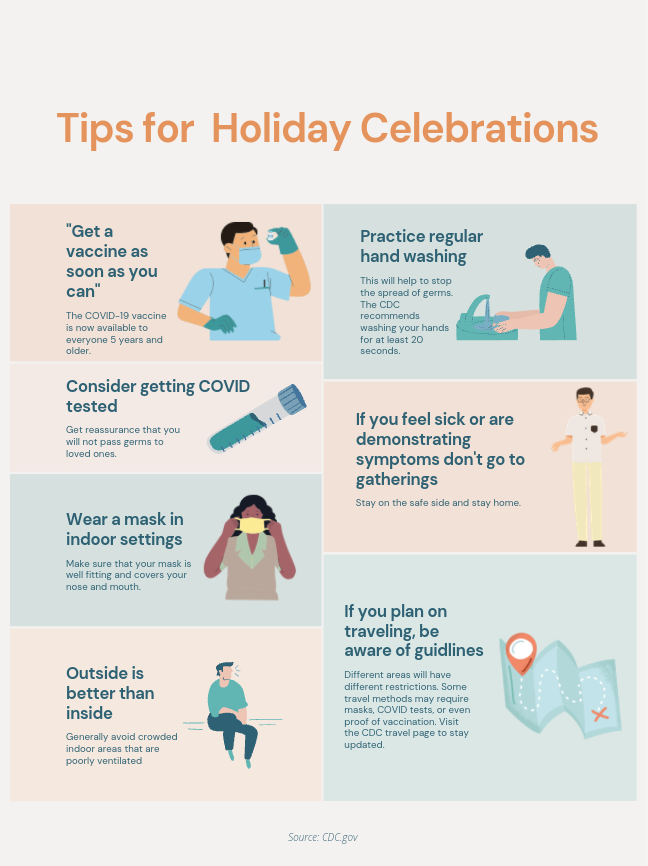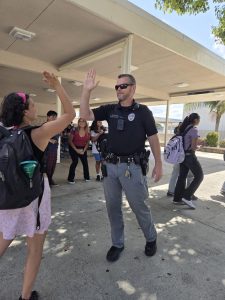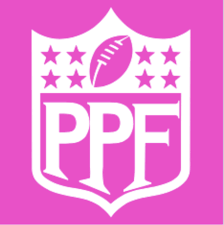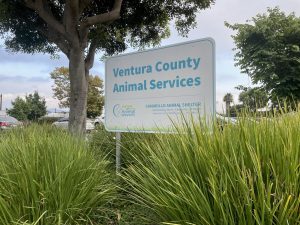As recovery from COVID-19 begins, Omicron shocks the system
A new variant. Moving into the 2021 holiday season a new COVID-19 variant has been identified: Omicron. This identification comes as COVID cases are increasing and the holiday season is kicking into full swing. This has sparked new worries about the future of the pandemic. “The Omicron variant appears to be spreading quickly among vaccinated people and unvaccinated people alike” the New York Times reported.
December 30, 2021
Clouds curtained the sky in varying shades of grey. Students excitedly shuffled through the hallways as rain dripped from the rooftops, unaware that it would be their last day at school together for over a year.
Two years ago, Dec. 12, the COVID-19 pandemic began in China. After spreading around the world, March 13, 2020, millions of schools around California closed due to this spread. Today as winter break approaches, new concerns have risen involving the Omicron variant, boosters, and the 2021 holiday season.
Variants are an expected result of a pandemic. They commonly develop when a virus slightly changes when replicating, creating a mutation of the original DNA. Sometimes these mutations will be advantageous to the virus and develop into a modified virus, or variant, that is more dangerous than the original virus.
The Omicron variant, first identified in South Africa, is a concerning development that is worrying experts. Also known as B.1.1.529, Omicron has been labeled by the World Health Organization as a “variant of concern” due to its potential dangerous consequences. Yet, as of Nov. 28, conclusions have not been reached about this variant surrounding transmissibility and severity due to its recent discovery and an overall lack of research.
“Omicron has several mutations that may have an impact on how it behaves, for example, on how easily it spreads or the severity of illness it causes,” the WHO said.
Recently, the first US case of omicron was discovered in San Francisco, CA, from a South African traveler. The first case in Ventura County was discovered Dec. 10. Now, the National Public Radio (NPR)reports that 19 states have detected omicron cases as of Dec. 7 and The New York Times detailed that over 40 cases have been identified in the US as of Dec. 10 2021.
“States that have detected the variant range from Hawaii to Texas to Massachusetts. The reports are part of a new surge in COVID-19 cases in the U.S. that now tops 100,000 cases per day,” NPR said.
Now that this variant has been identified, the question becomes, what does that mean for boosters and the holiday season?
The recommendations for the holidays seem very similar to prior guidance. The Center of Disease Control and Prevention recommends getting “a COVID-19 vaccine as soon as you can”, wearing a mask, staying “6 feet apart from others who don’t live with you”, and making sure to practice regular hand washing. If traveling for the holidays, they recommend visiting their travel page to learn of their guidance for national and international travel.
As far as boosters, the CDC has approved boosters to all those 16 and older. Currently, Pfizer is the only available vaccine option for people under 18, but if you are 18 or older you can choose which you would like to receive.
“Recommendations now allow for this type of mix and match dosing for booster shots” the CDC said.
Cautious hope is being raised about the effectiveness of booster shots against the Omicron variant. A study from the UK Health Security Agency found that a booster shot may offer sufficient protection.
“The preliminary data showed effectiveness against the new variant appears to increase considerably in the early period after a booster dose, providing around 70% to 75% protection against symptomatic infection” the UKHSA said.
This pandemic has been a part of all of our lives for over 600 days. It is easy to lose hope of a definitive end in the near future. As a final statement on their update on omicron, the CDC explains some of the actions that must be taken in order to reach an end to the pandemic.
“As we continue to build the level of vaccination nationwide and globally, we must also use all the prevention strategies available, including masking, improving ventilation, distancing, handwashing, and testing to slow SARS-COV-2 transmission and stop the COVID-19 pandemic” the CDC said.

